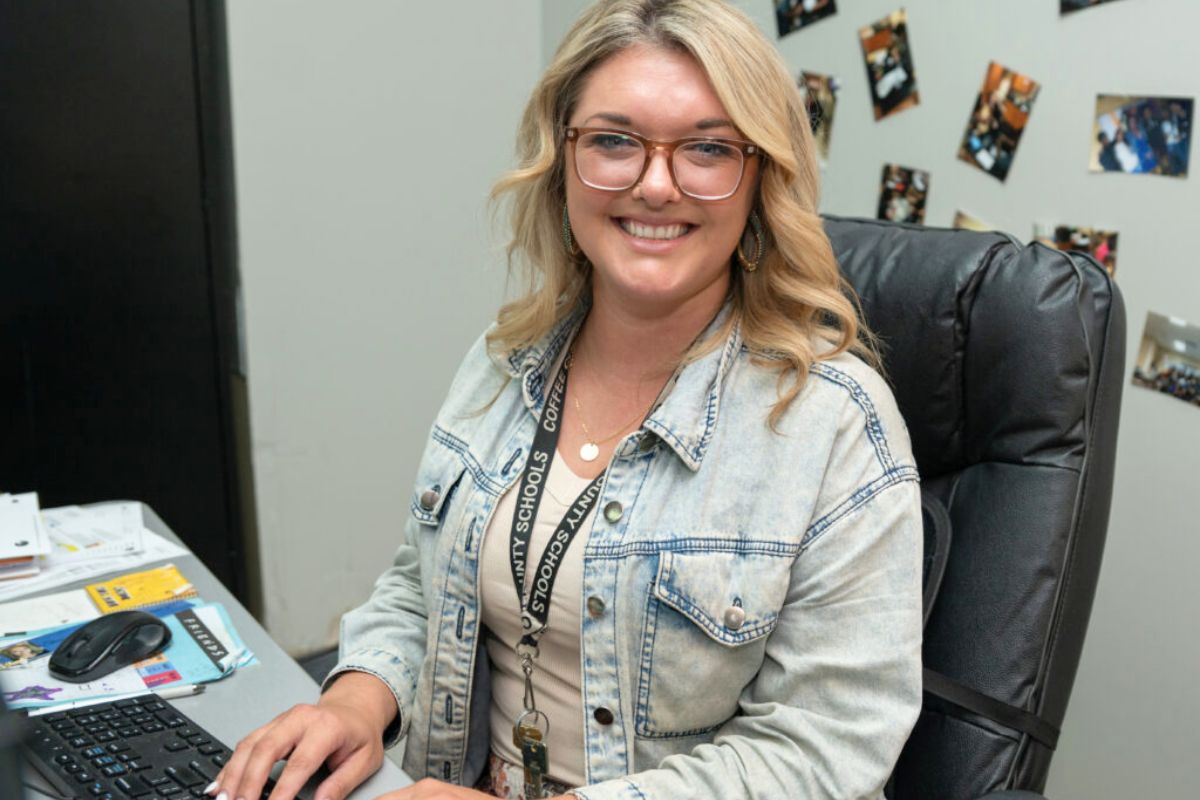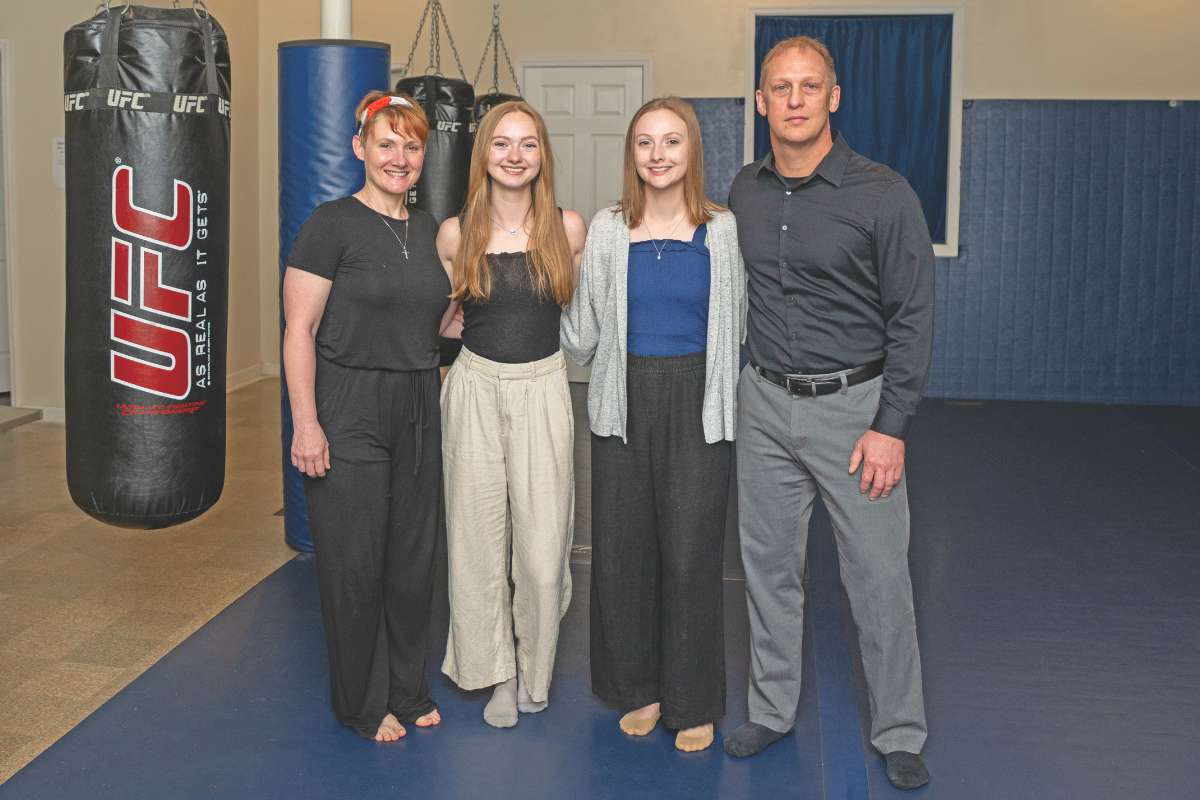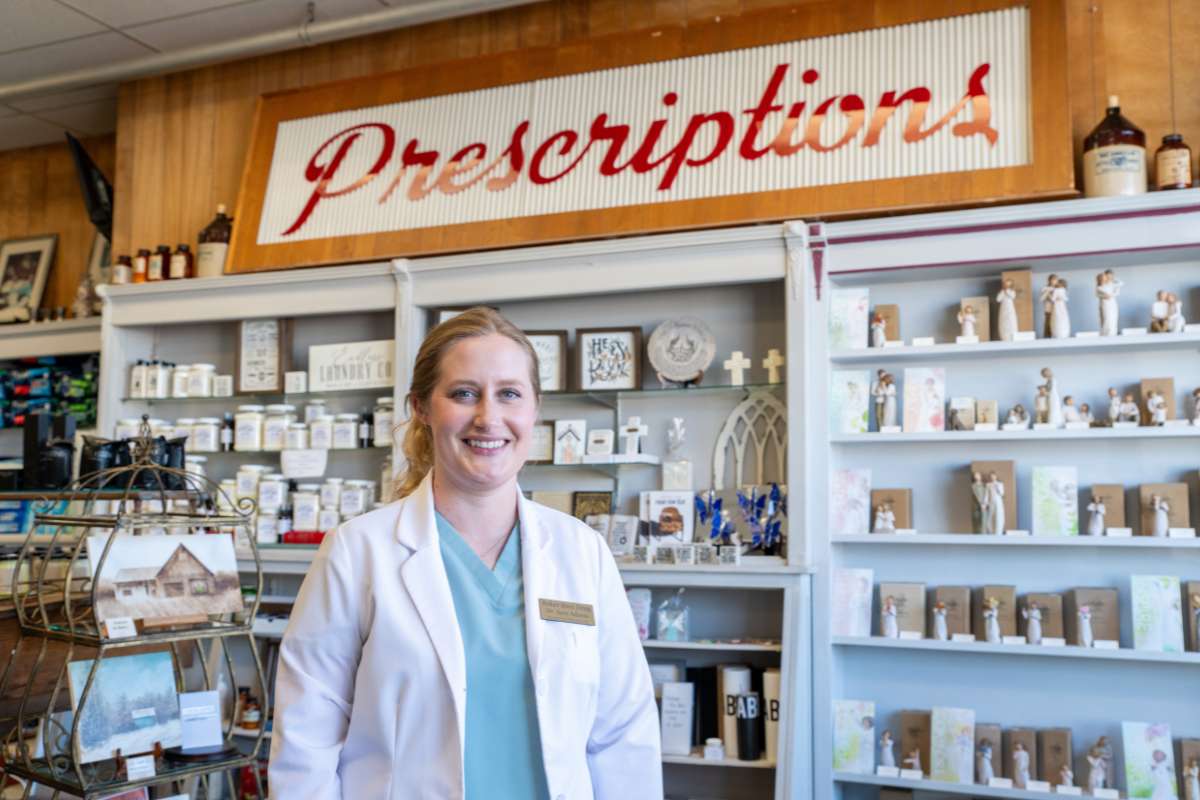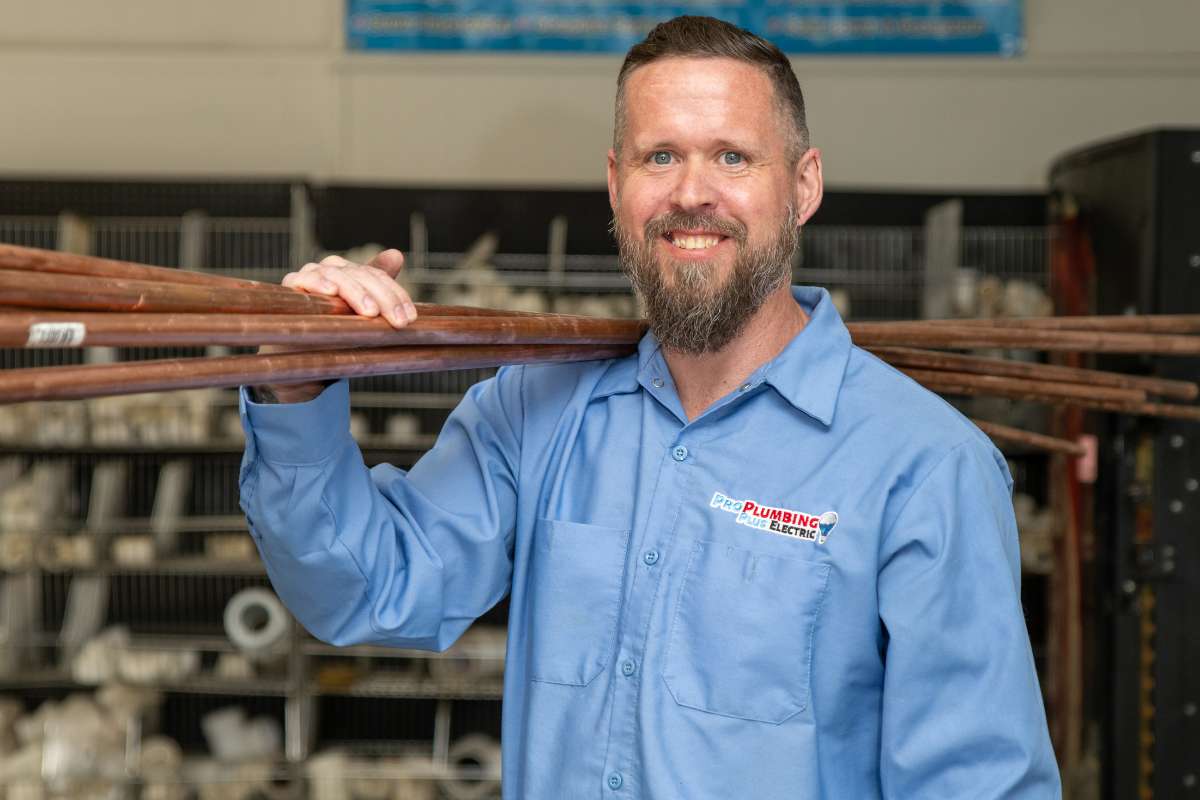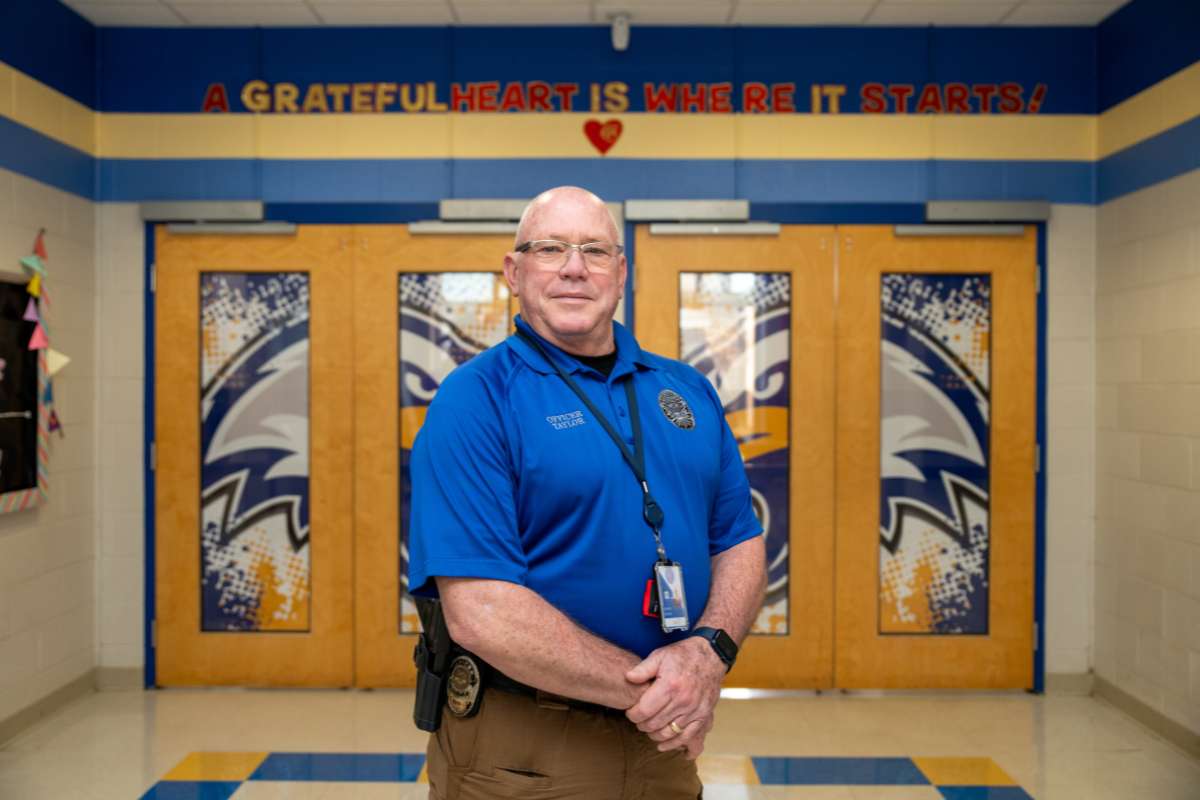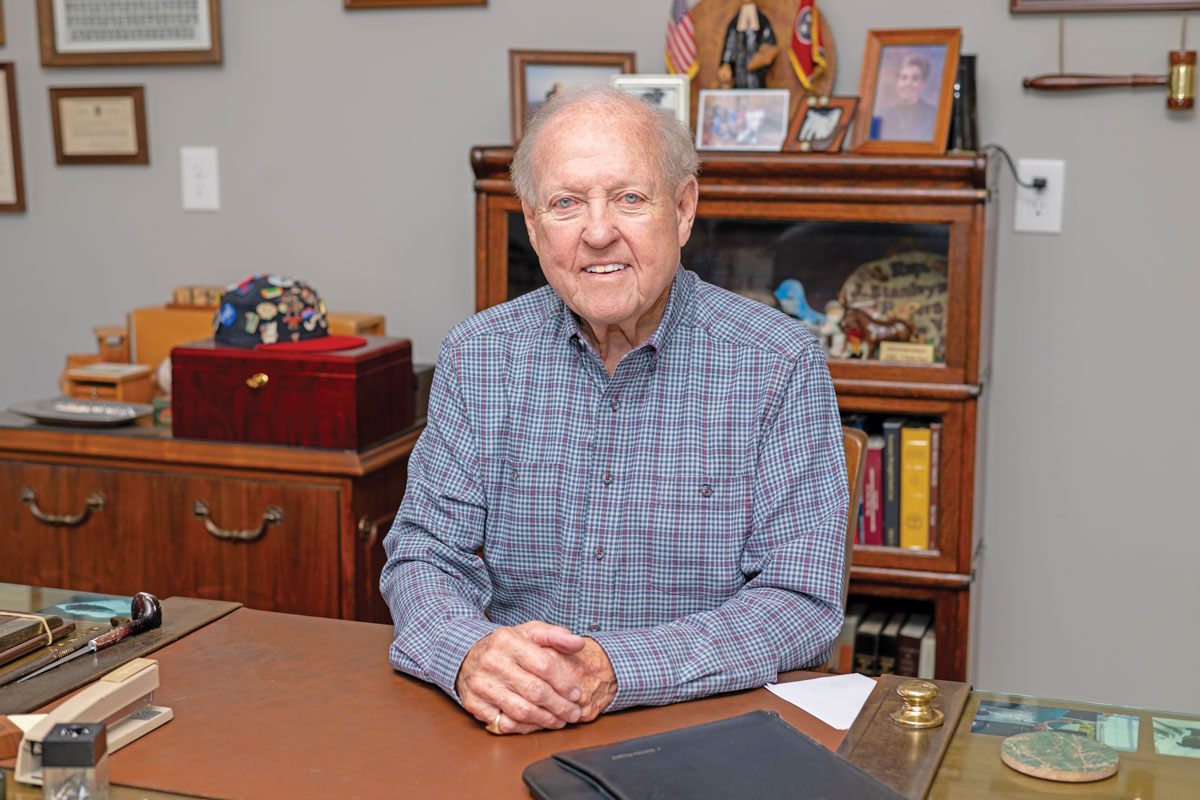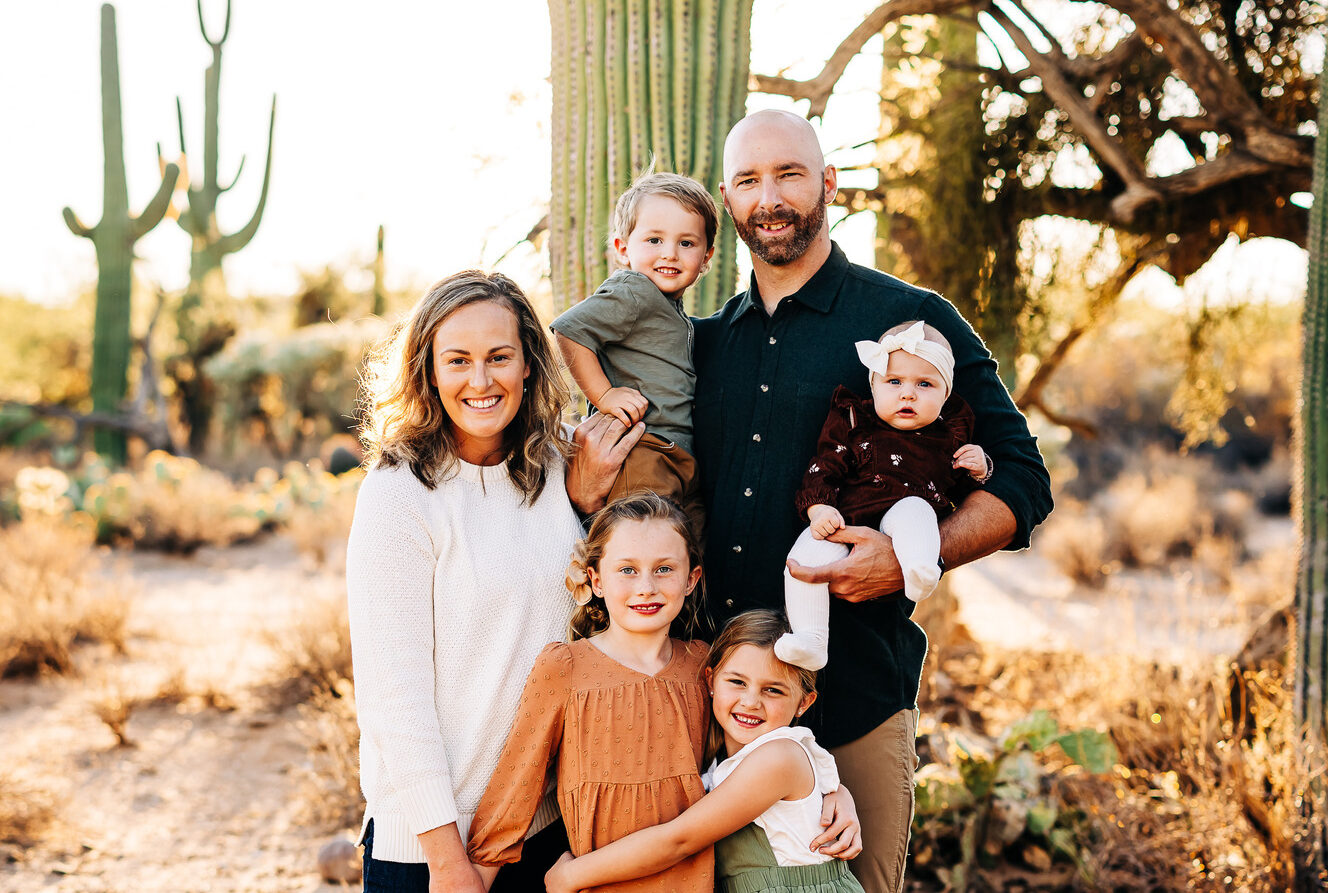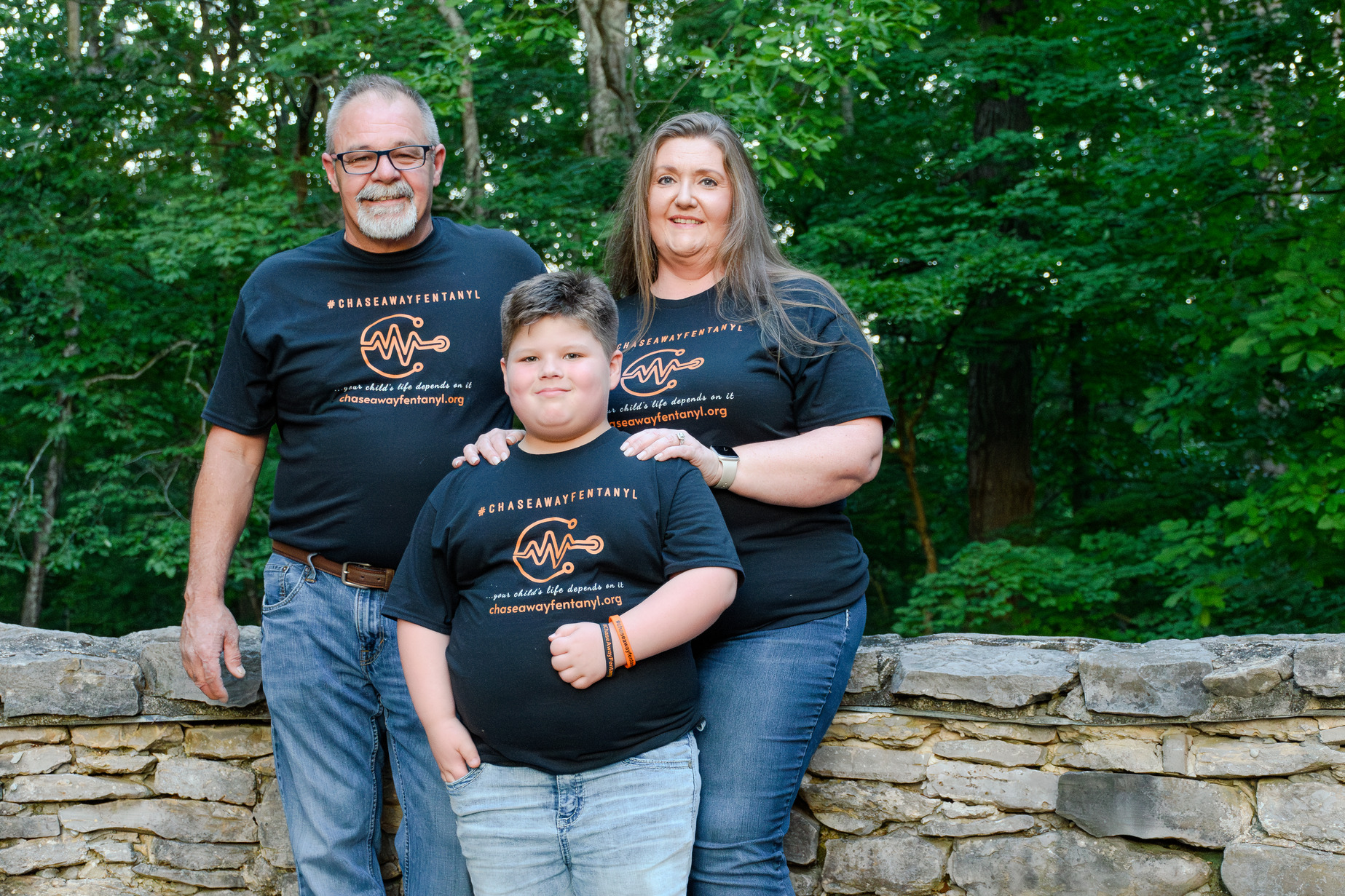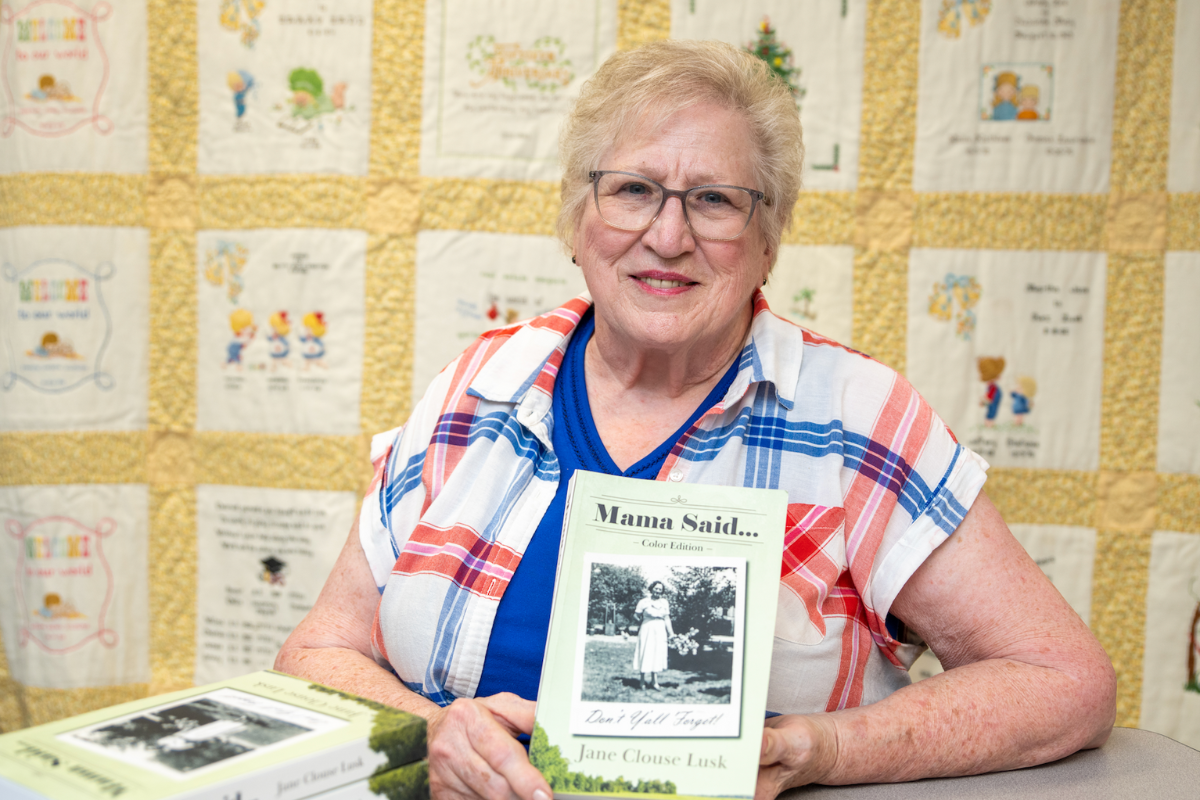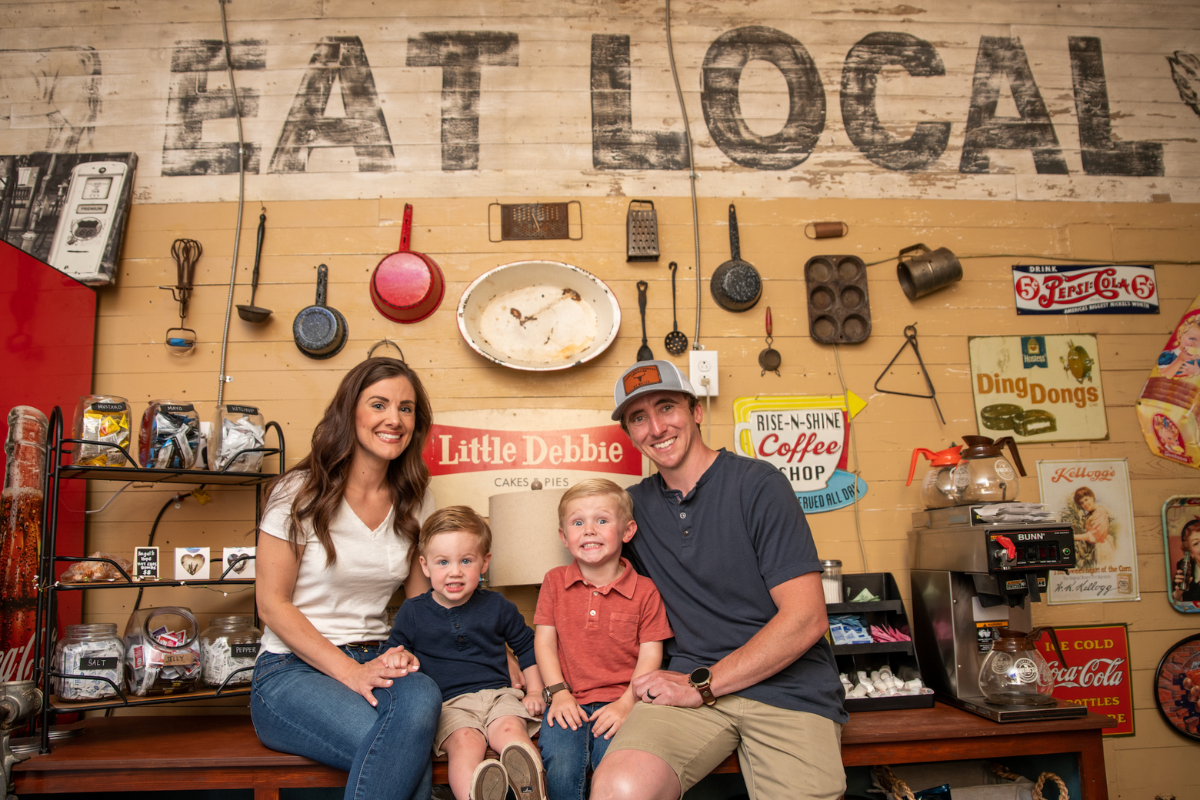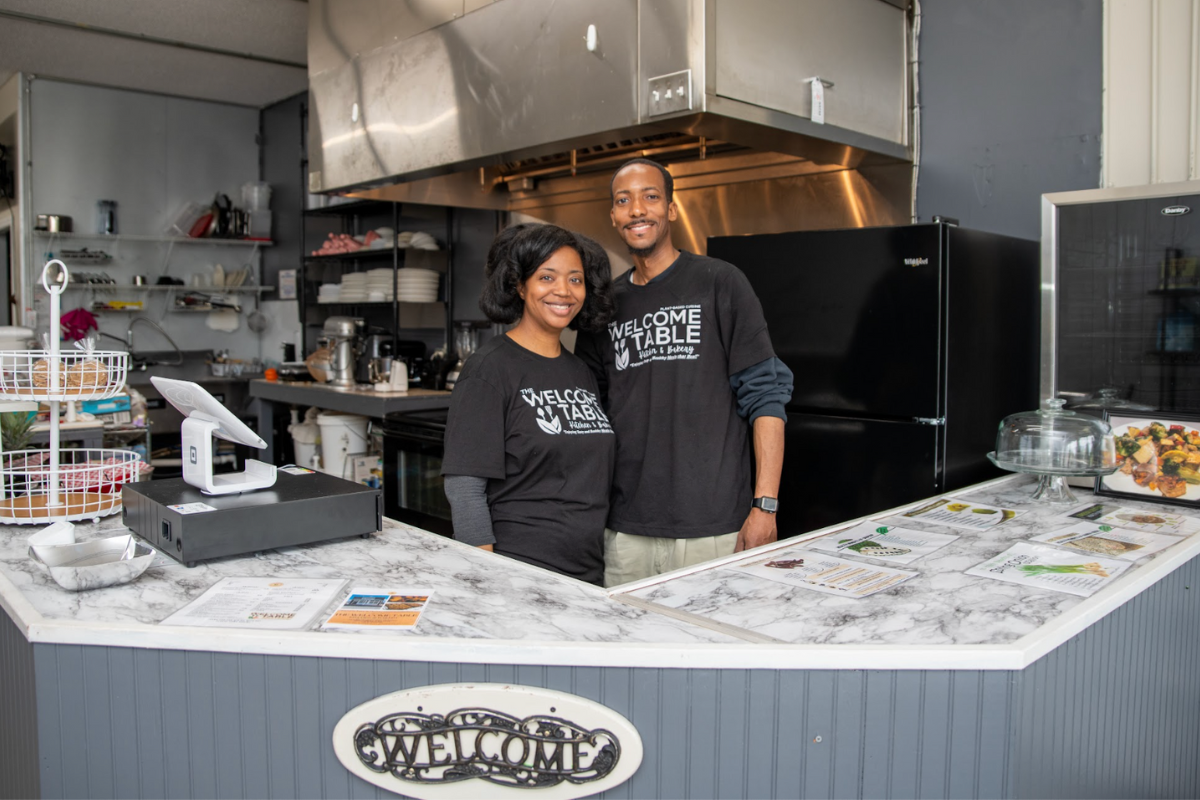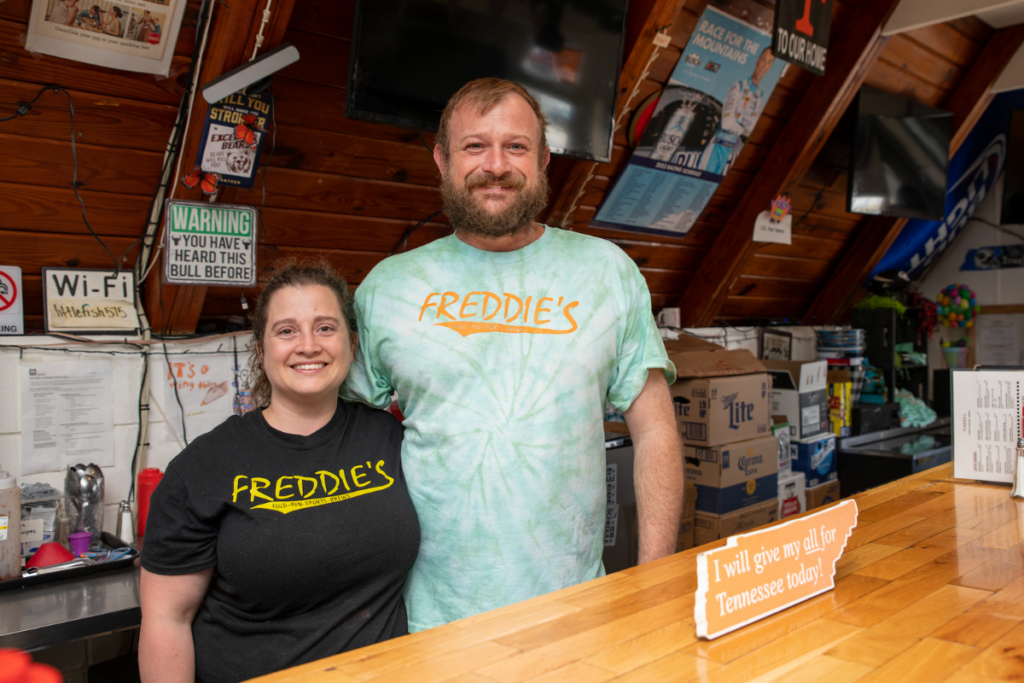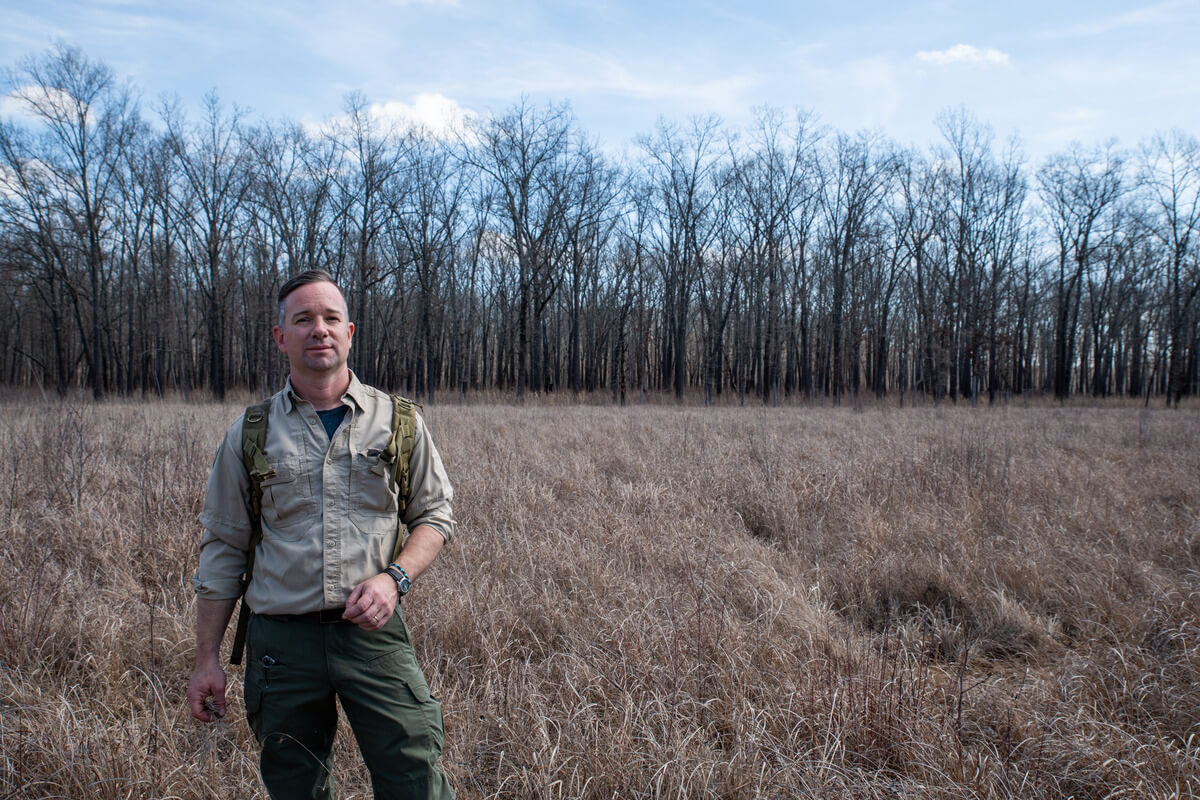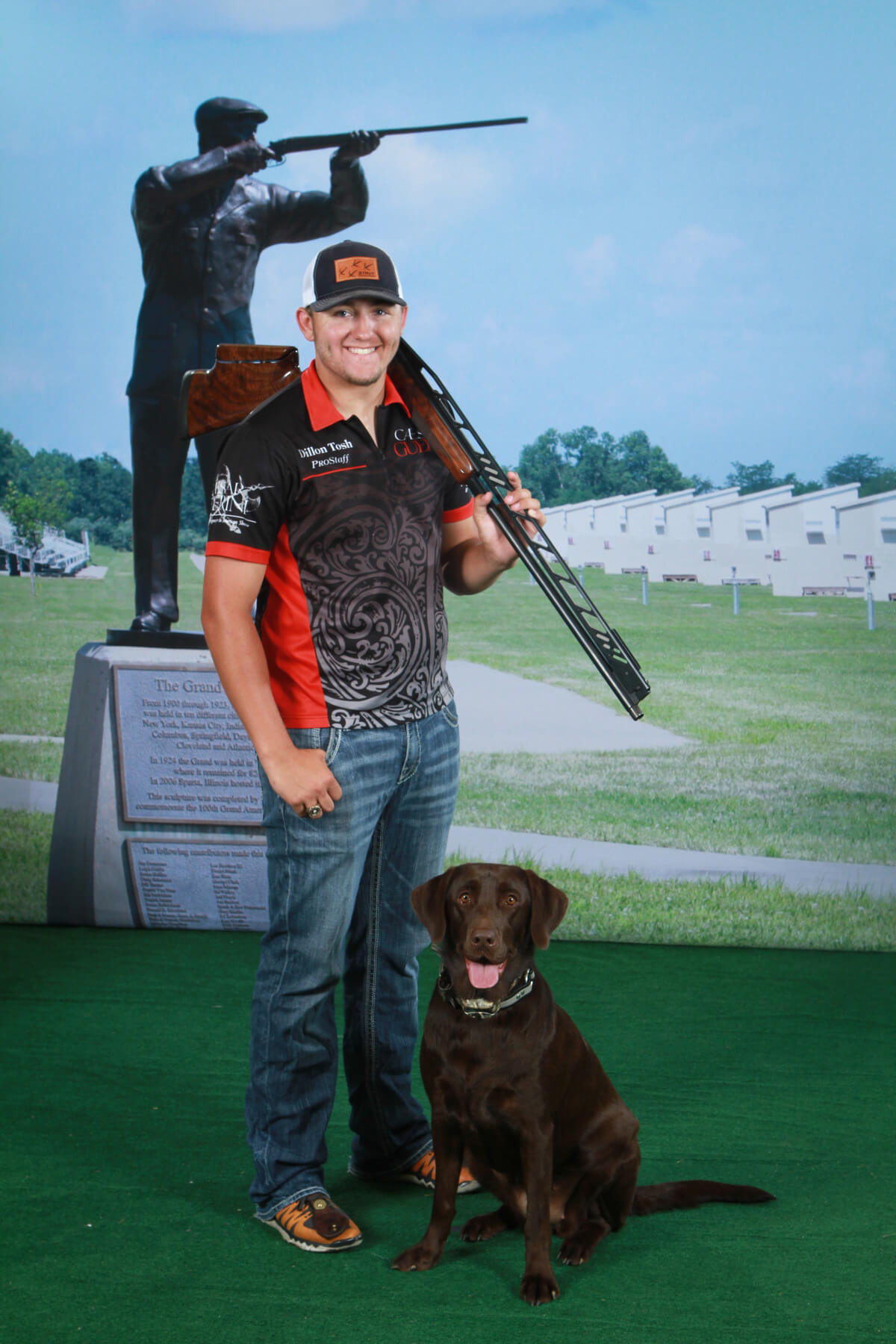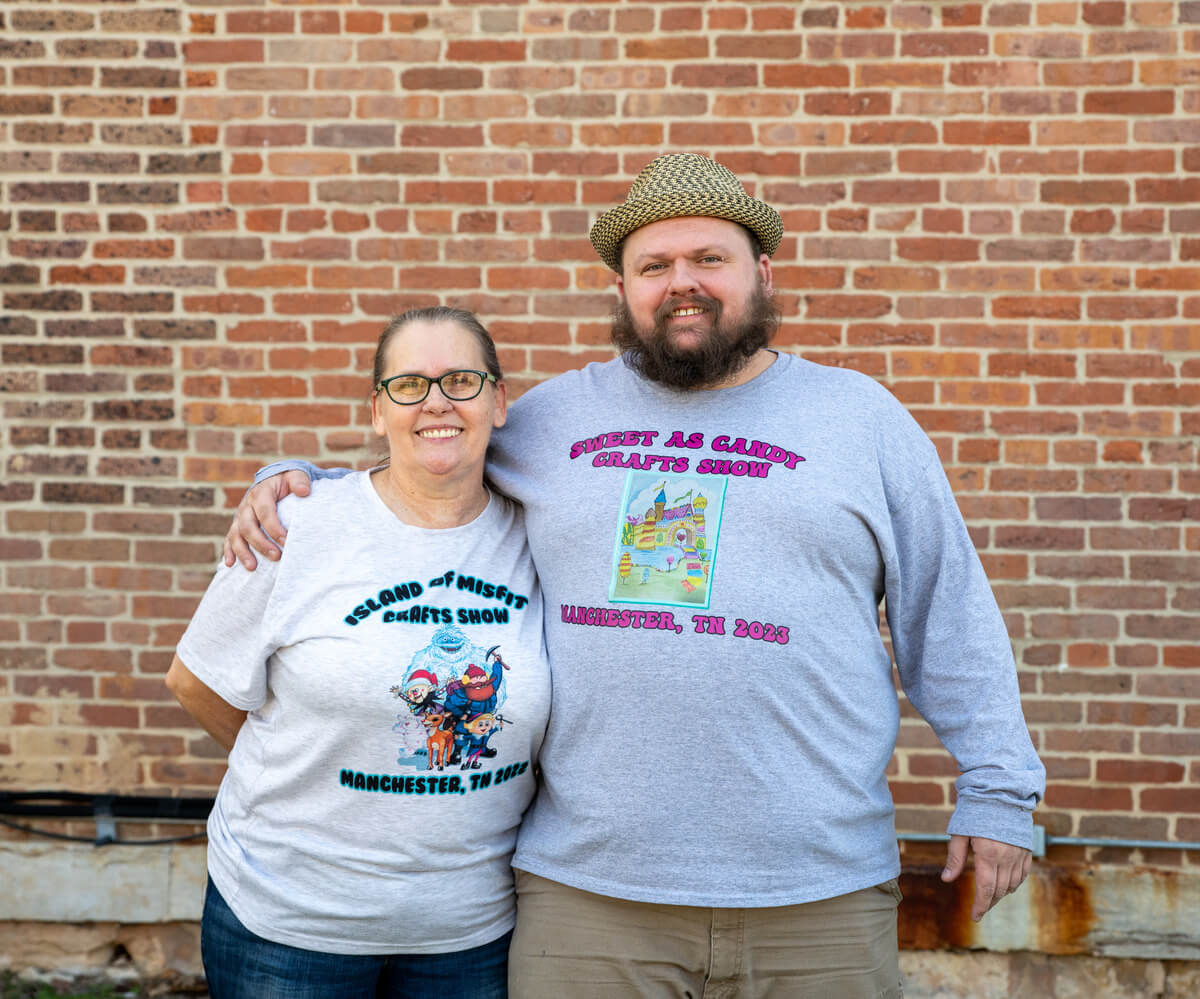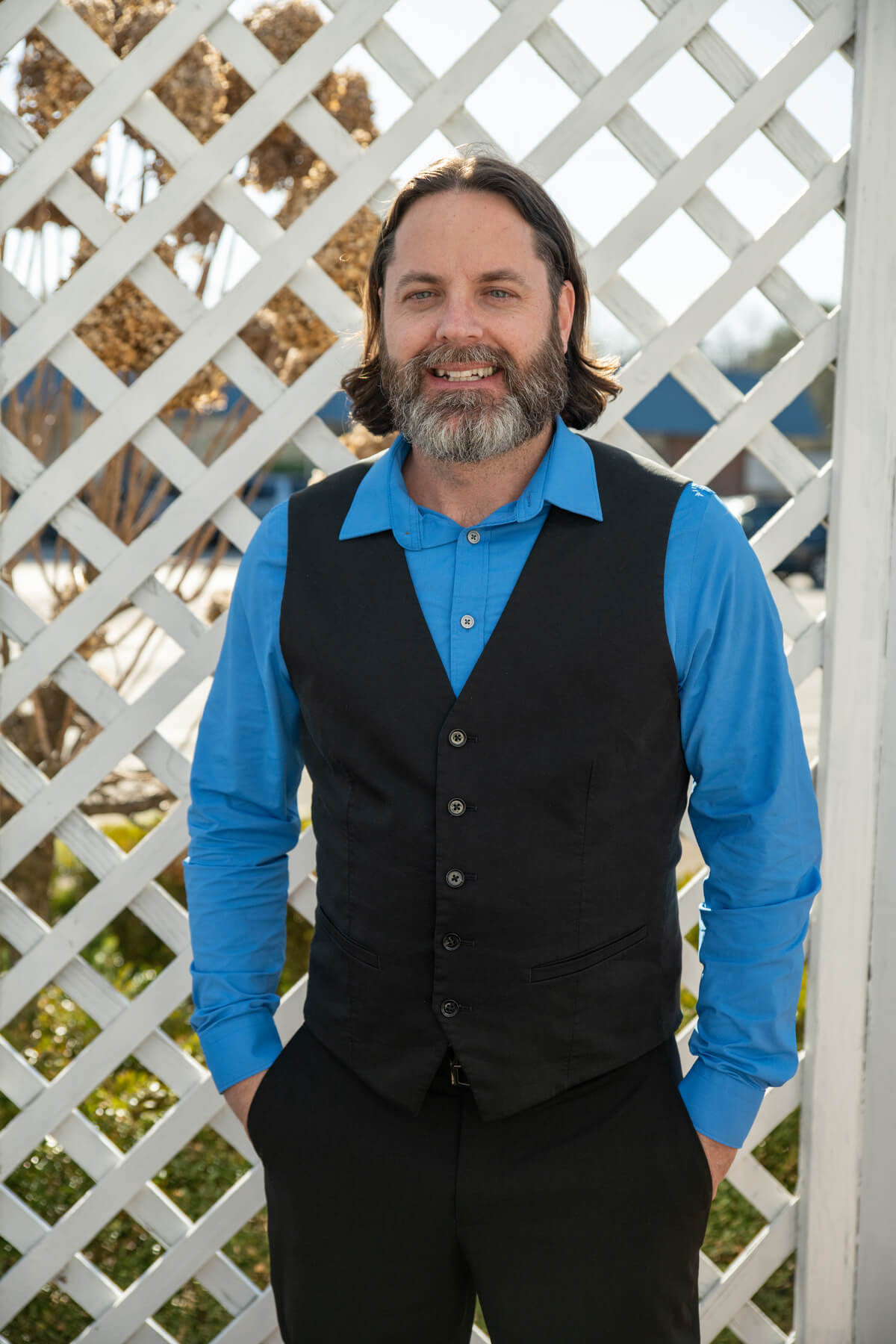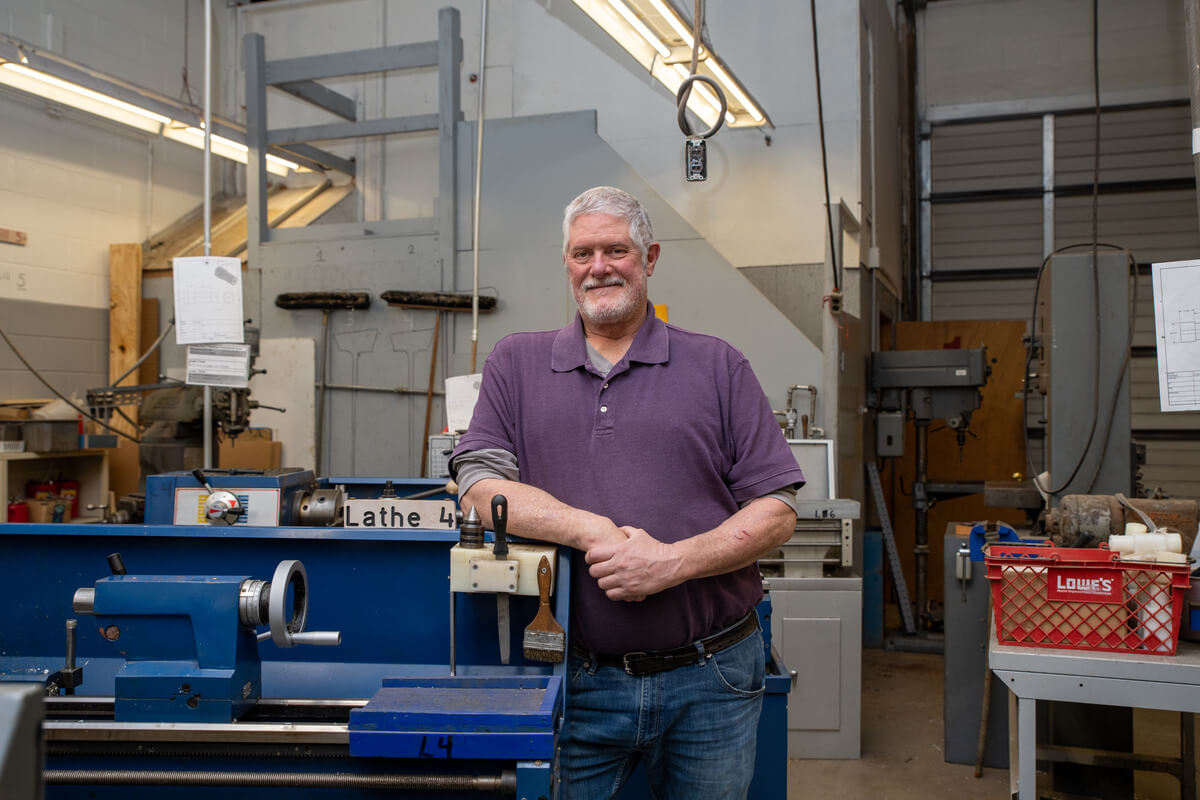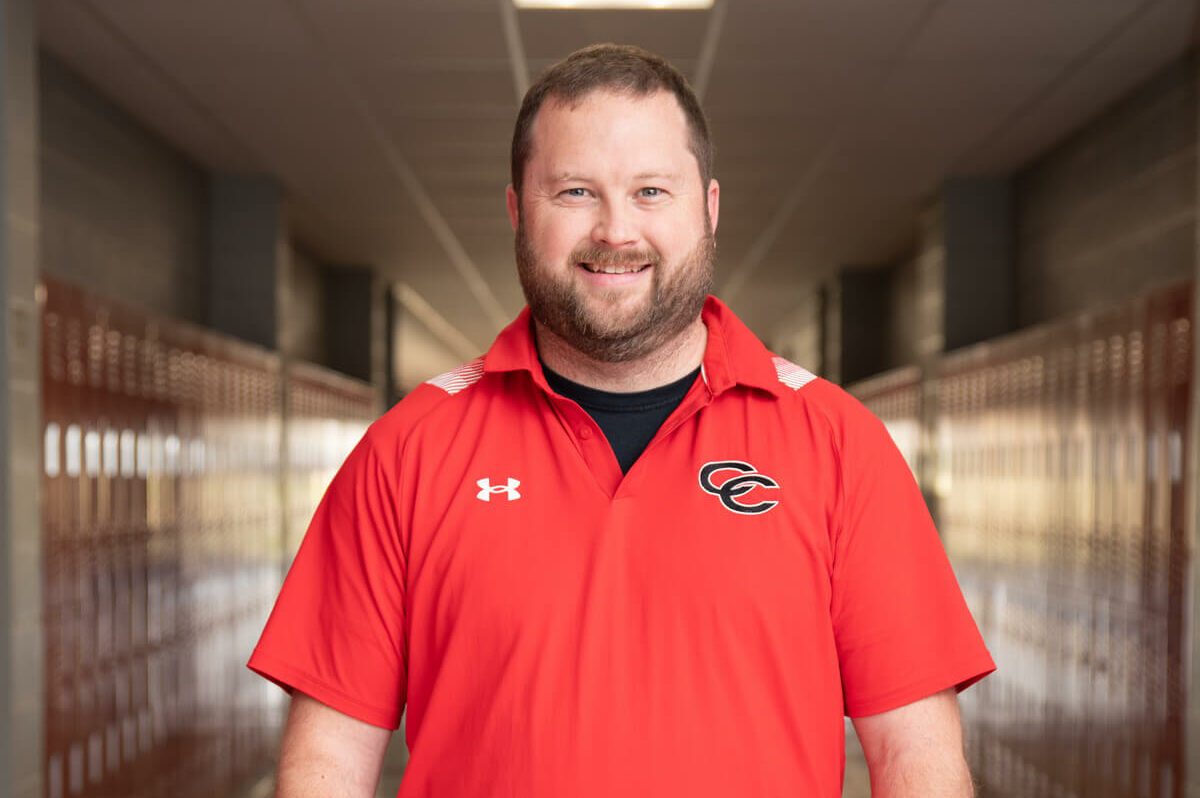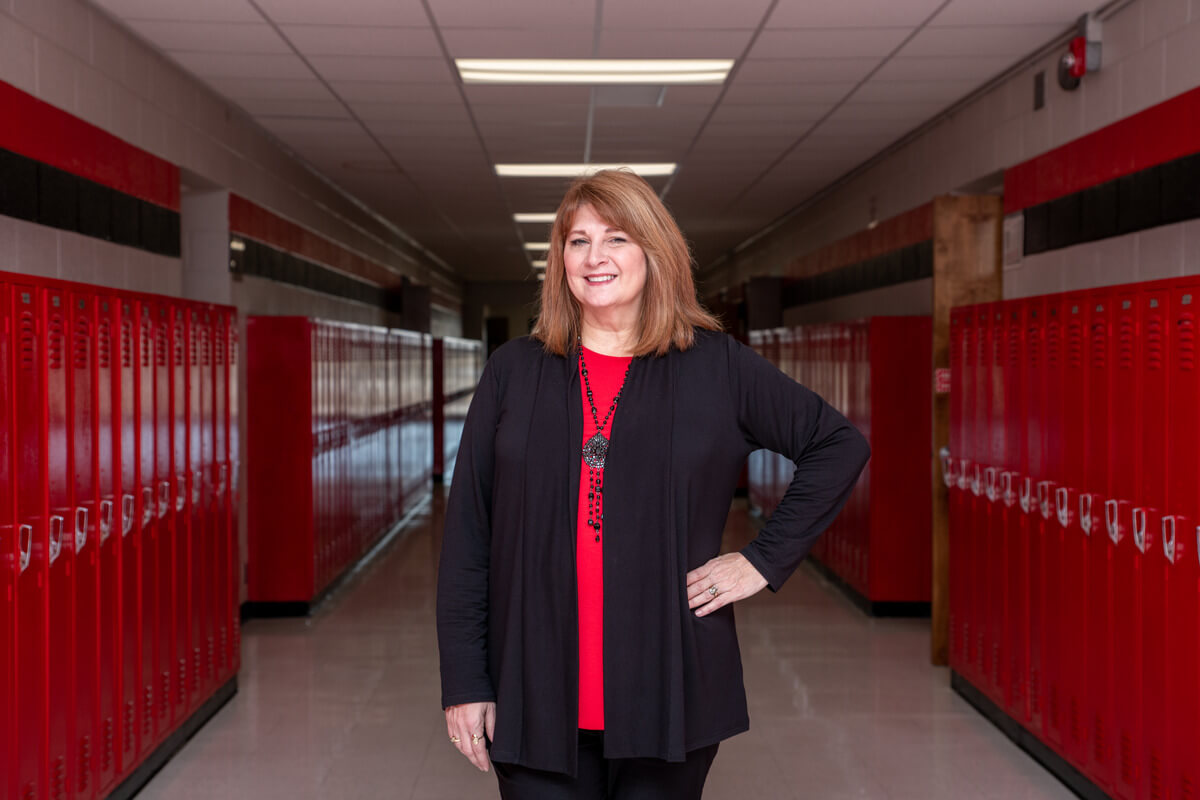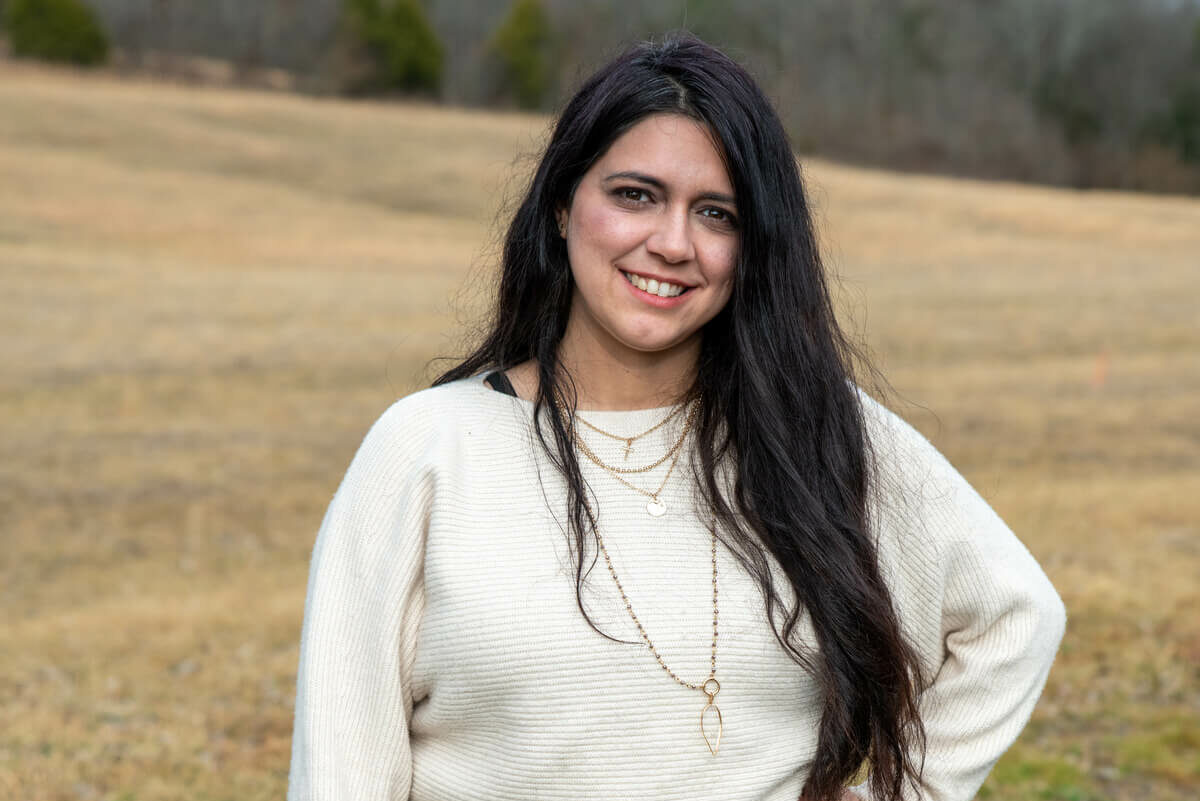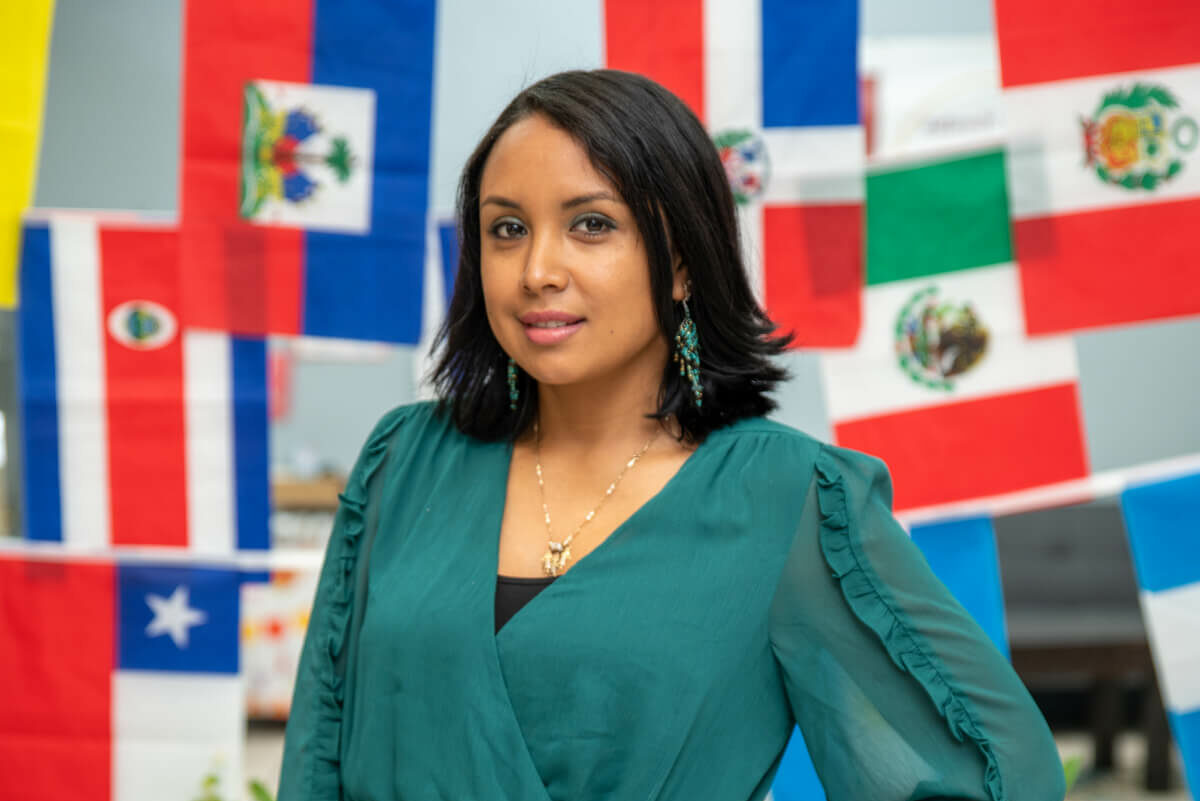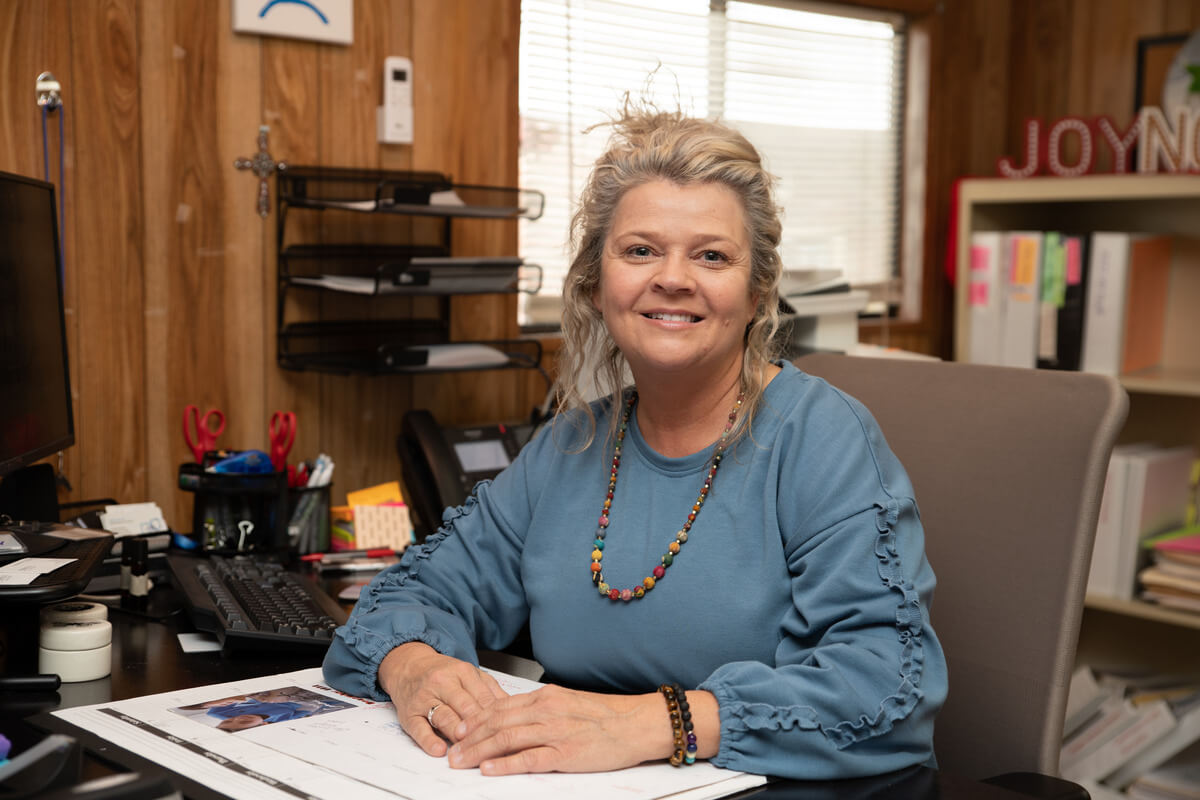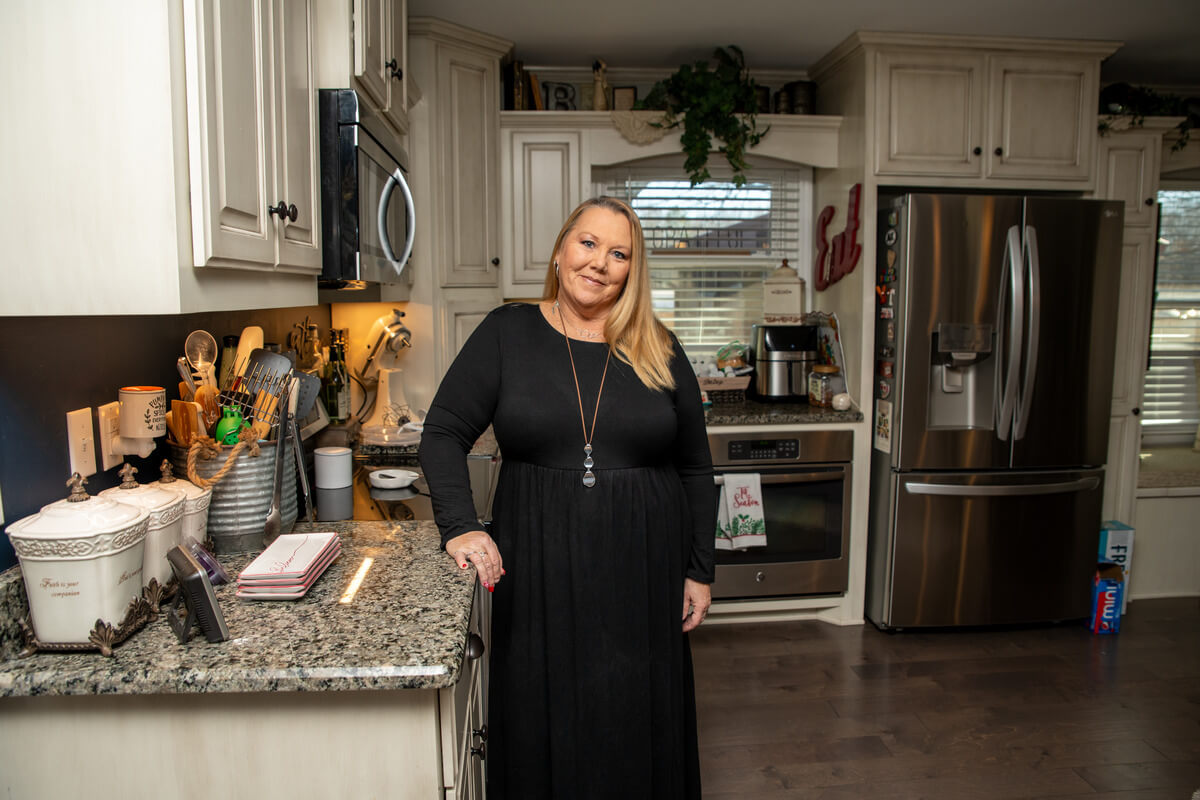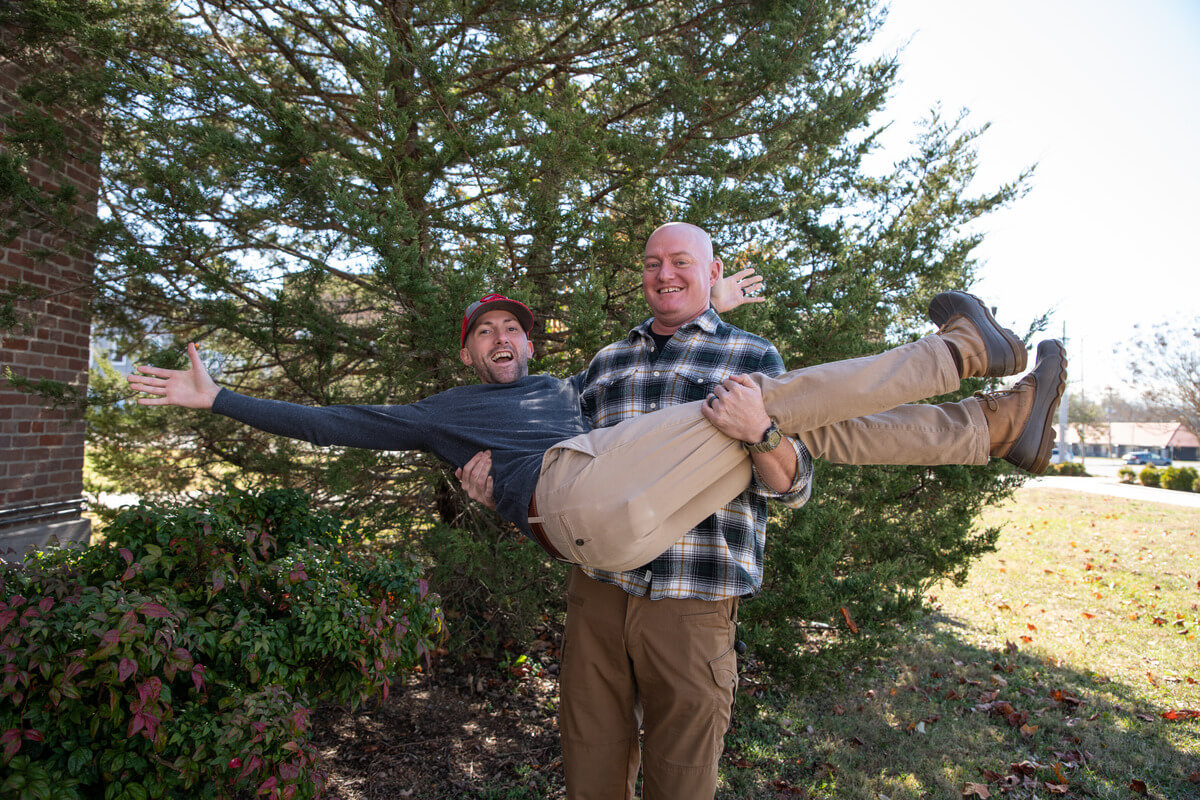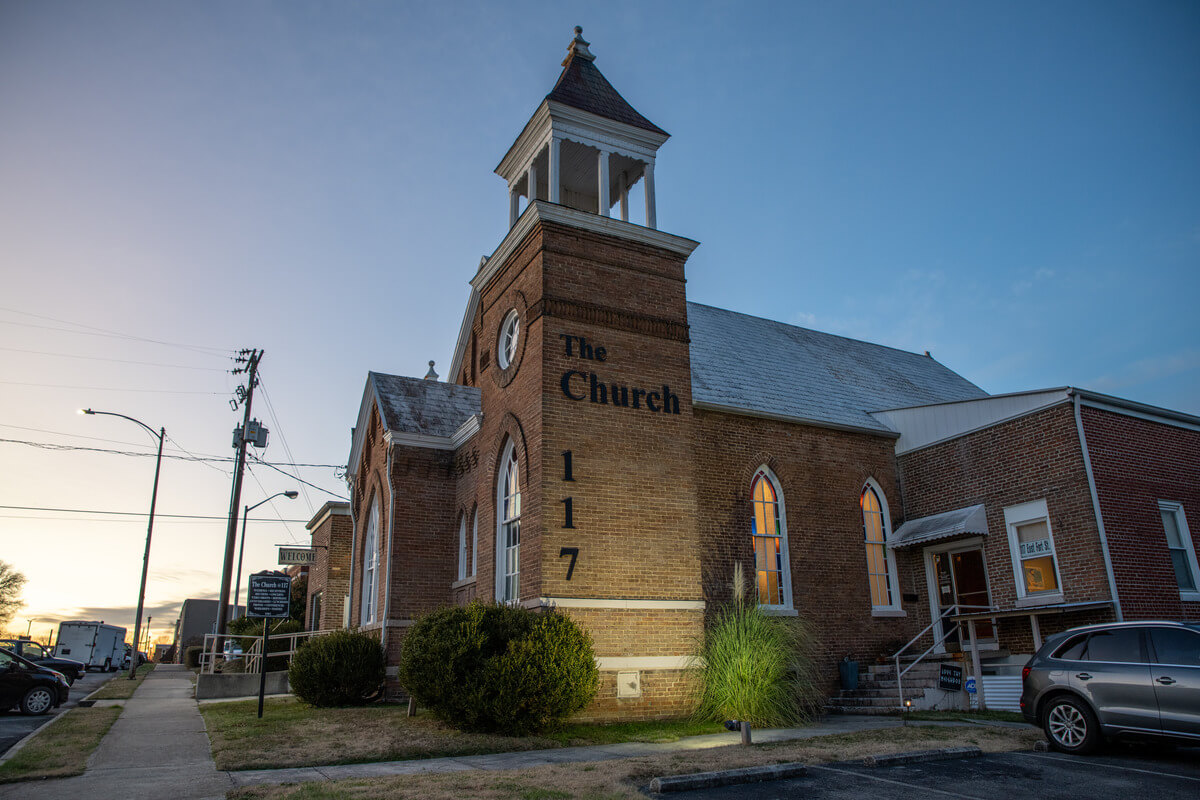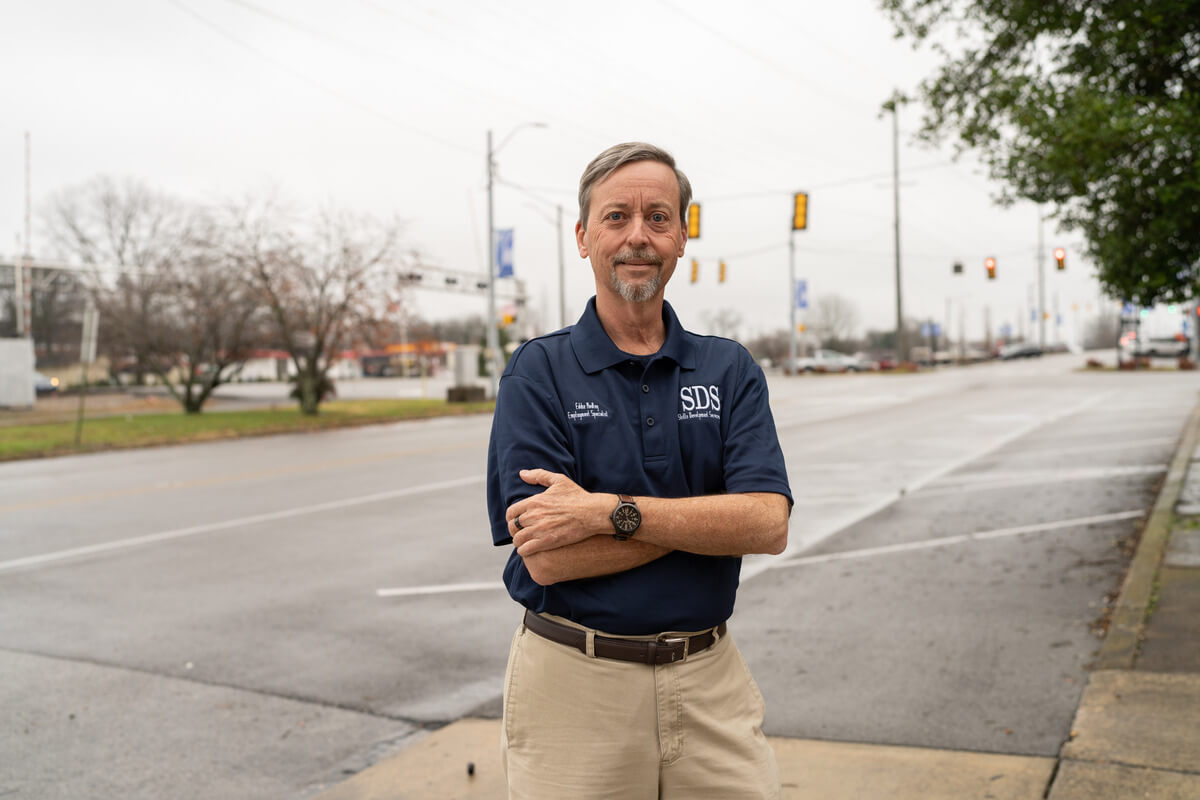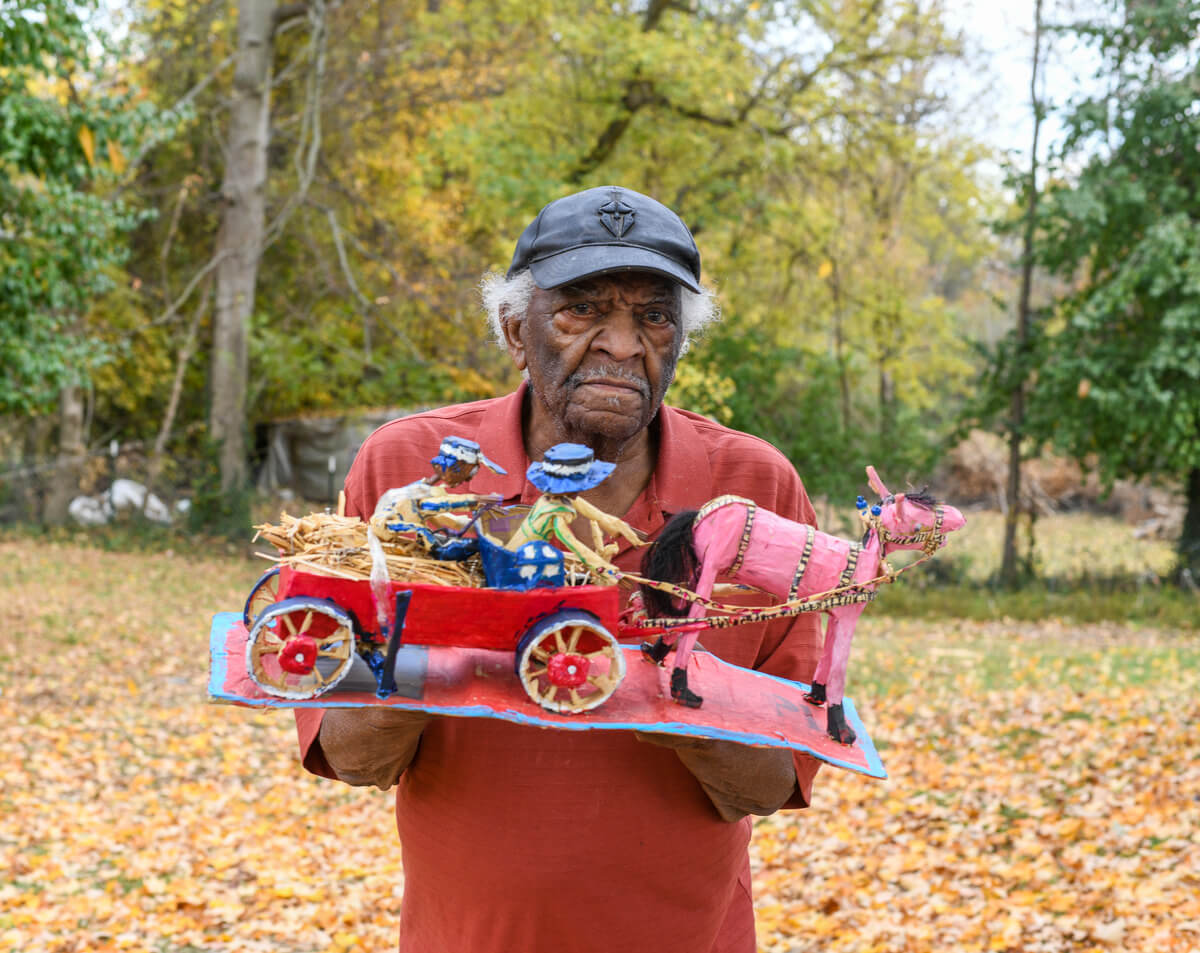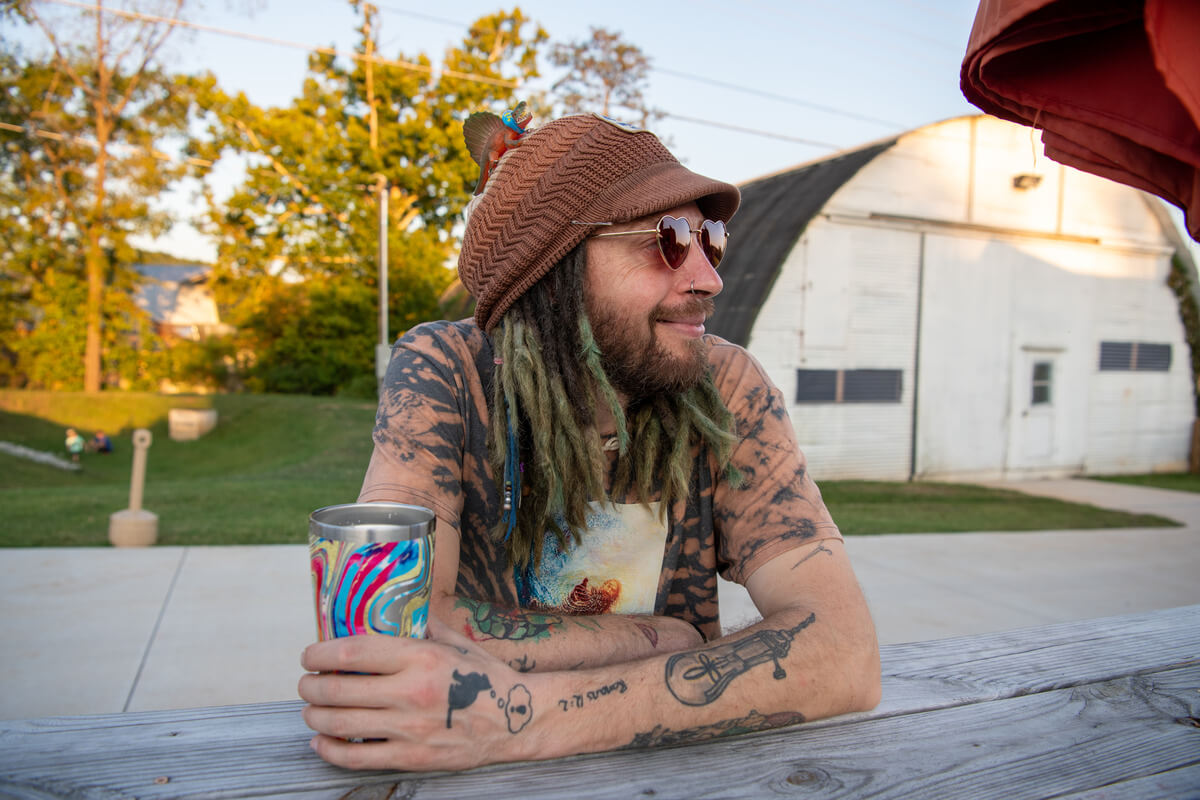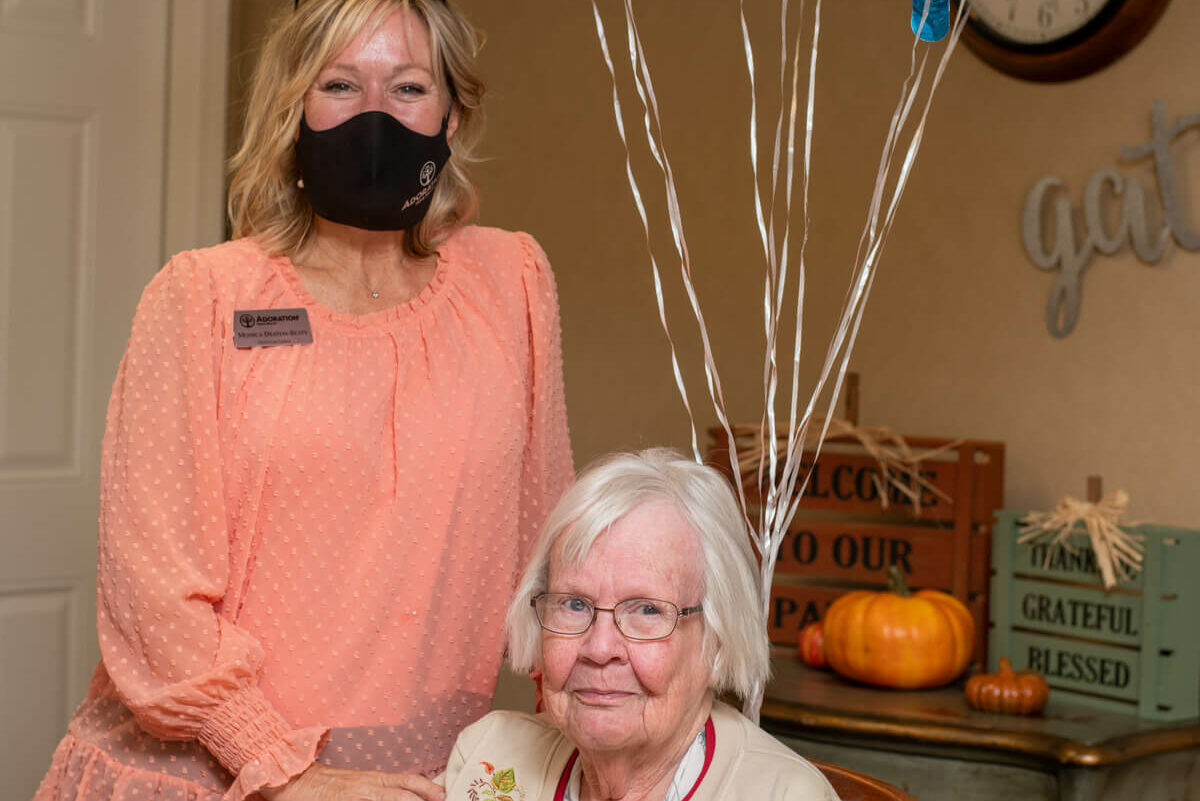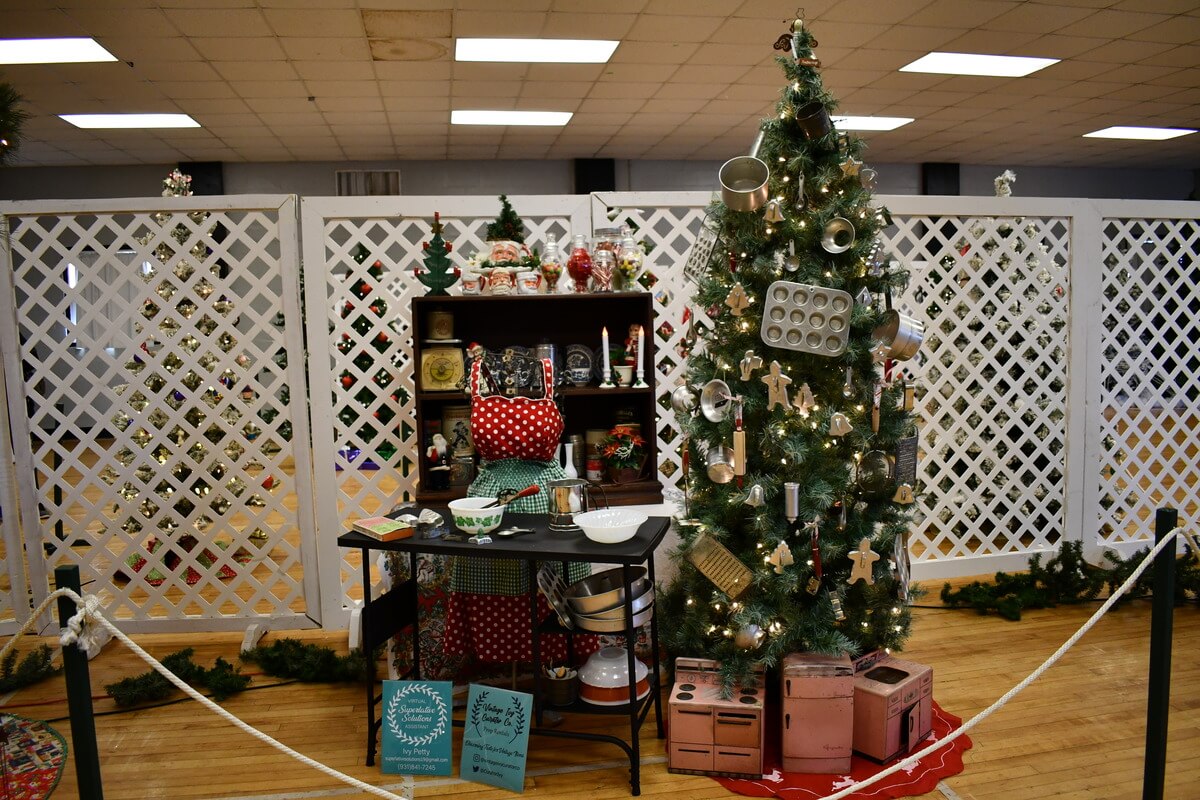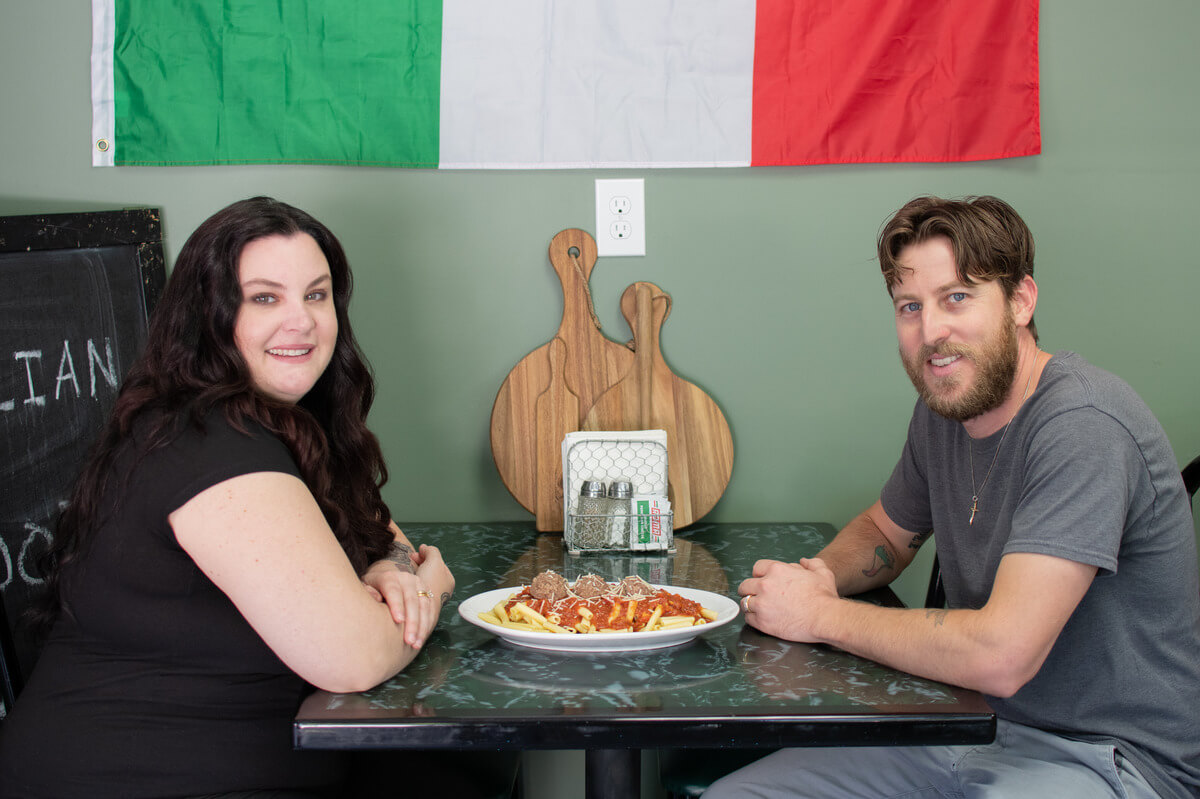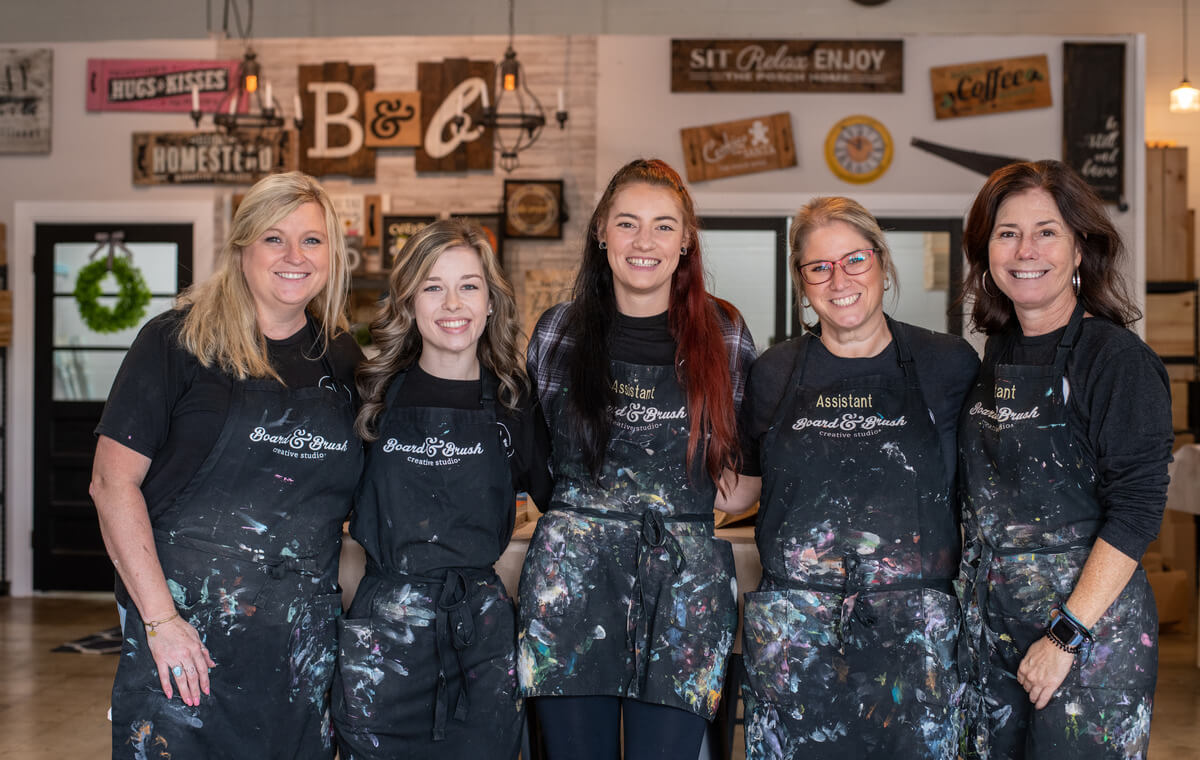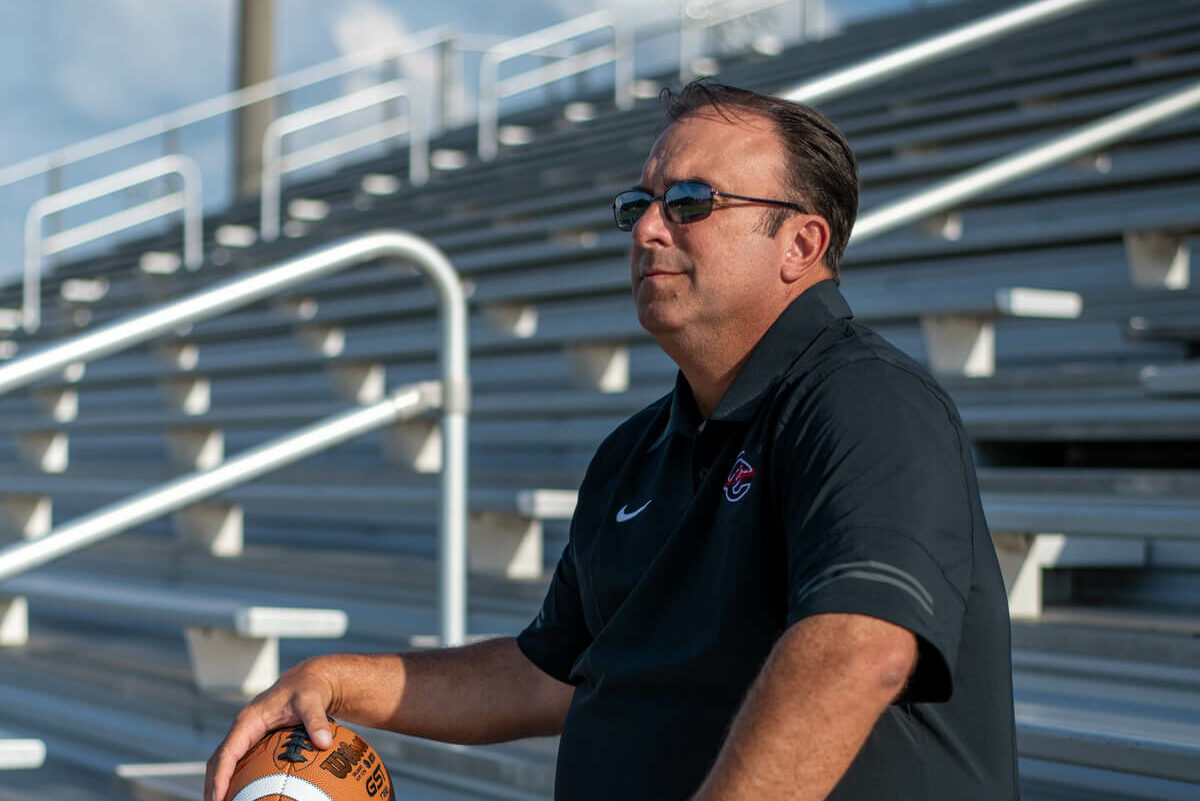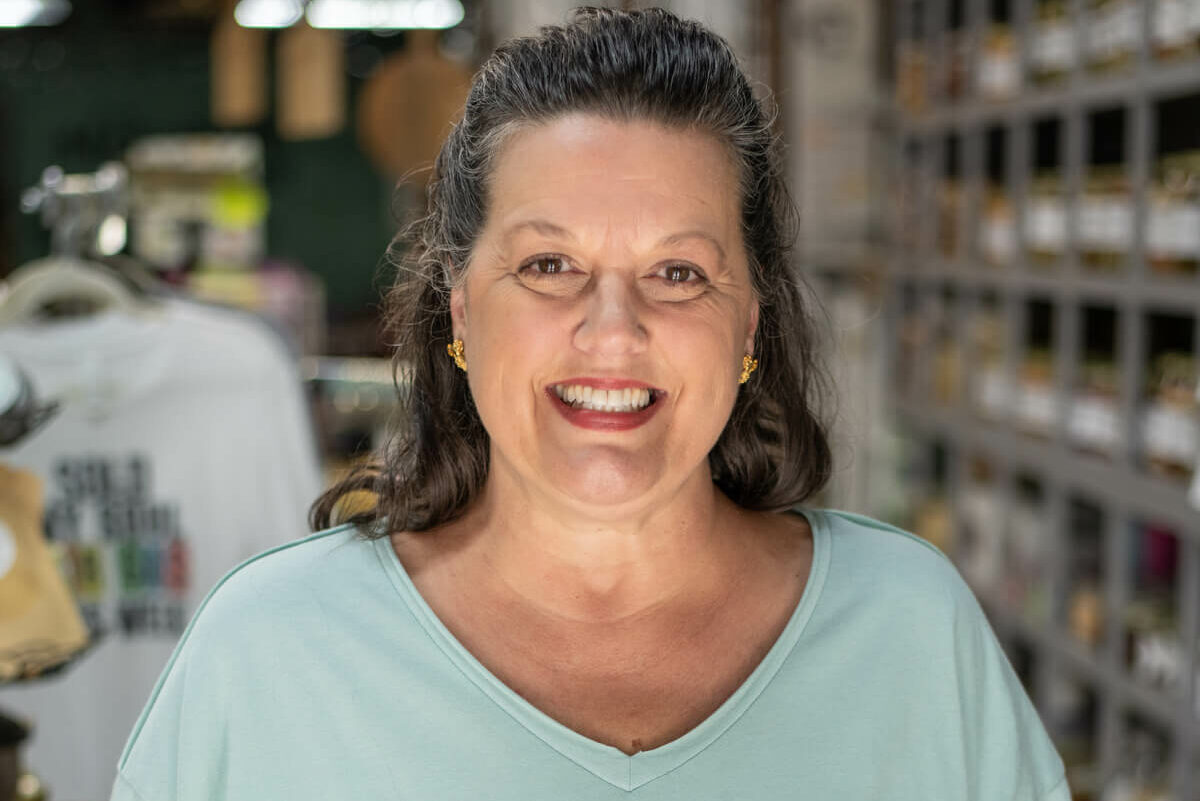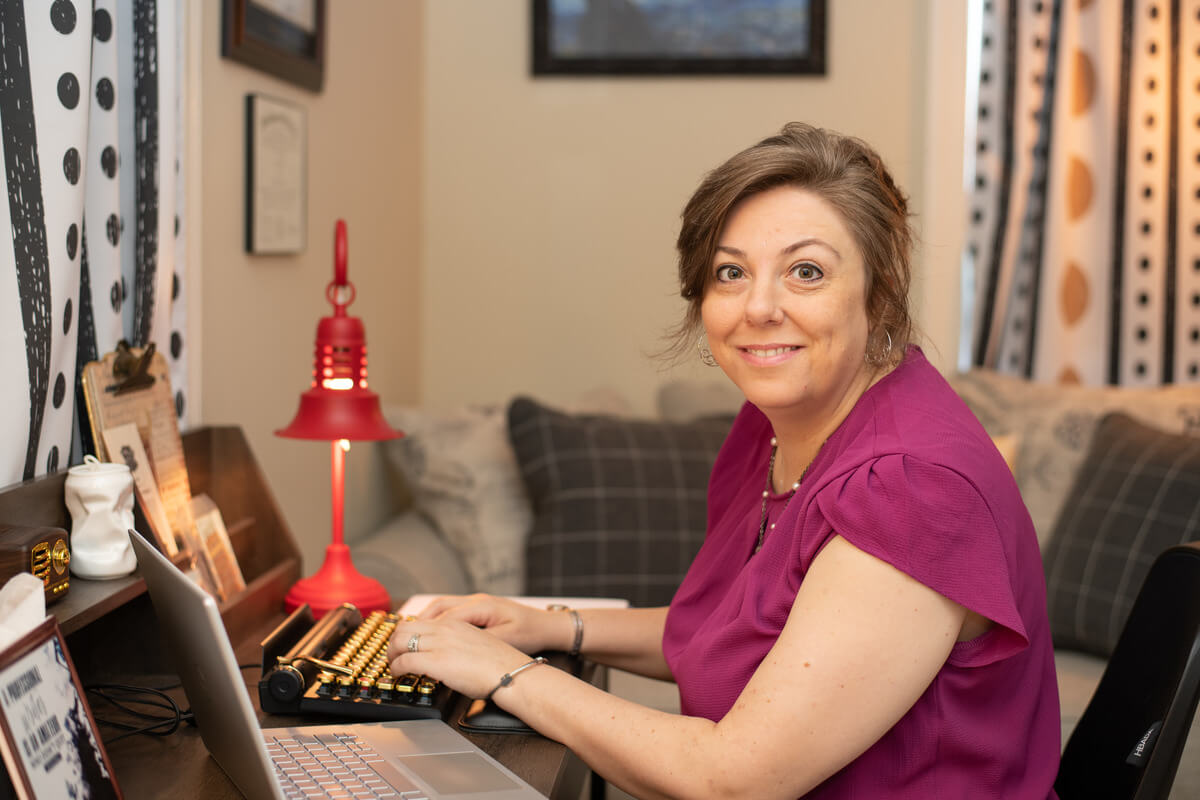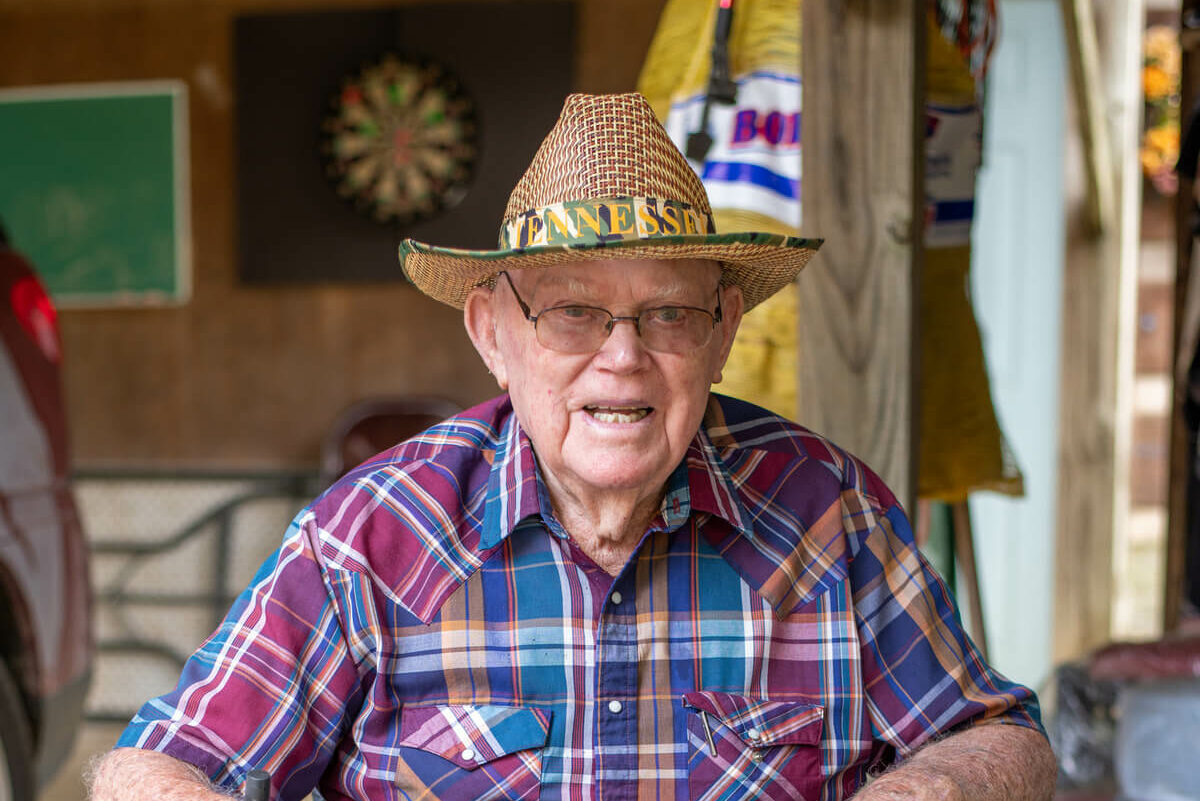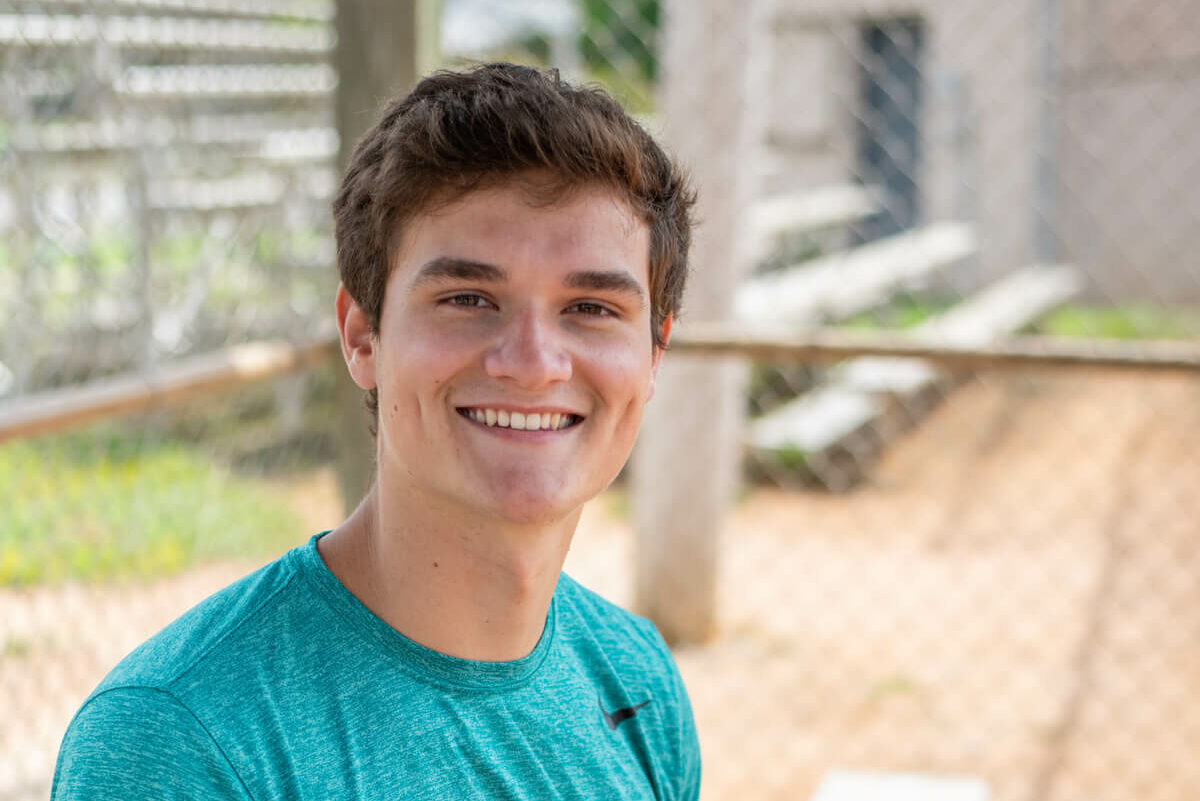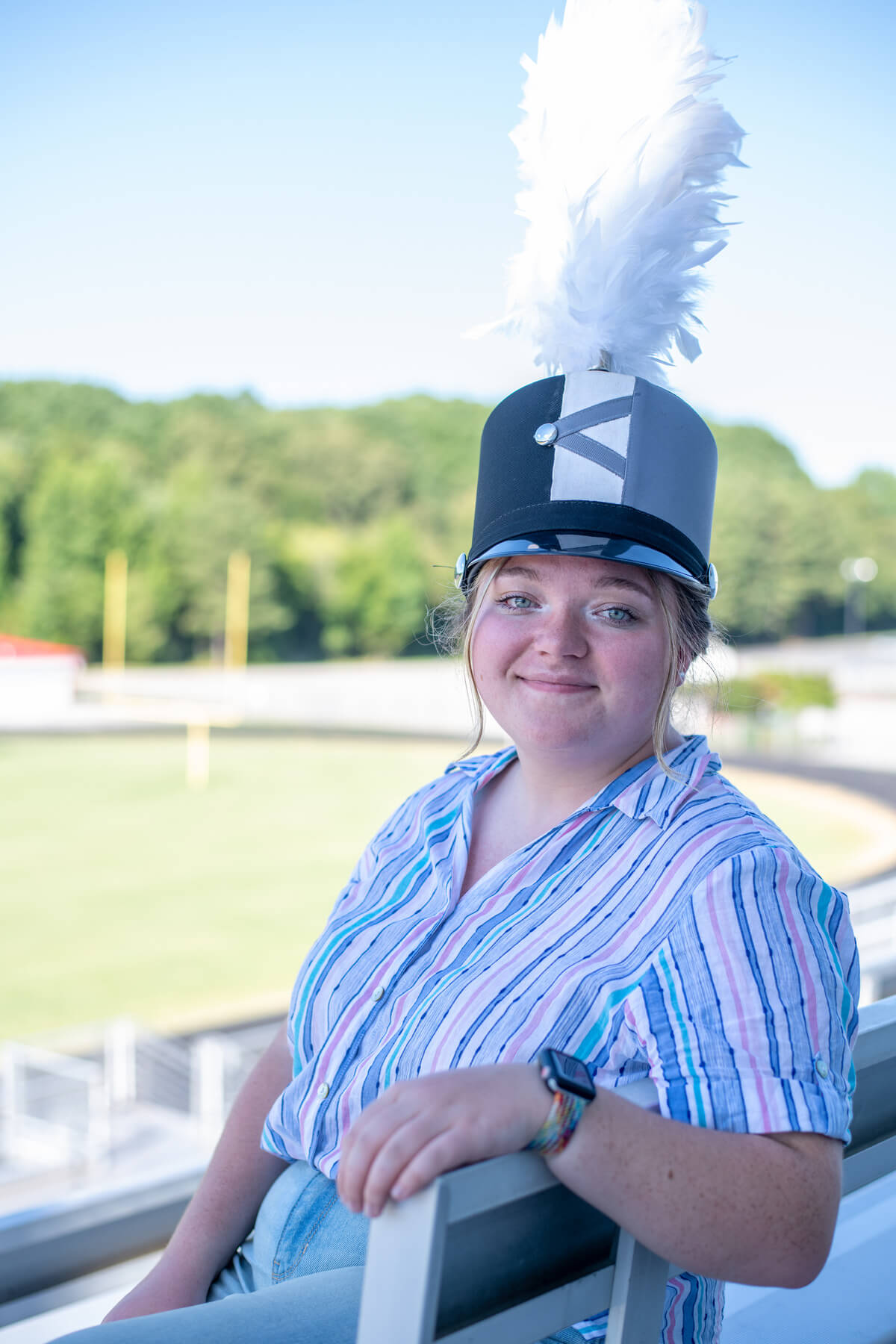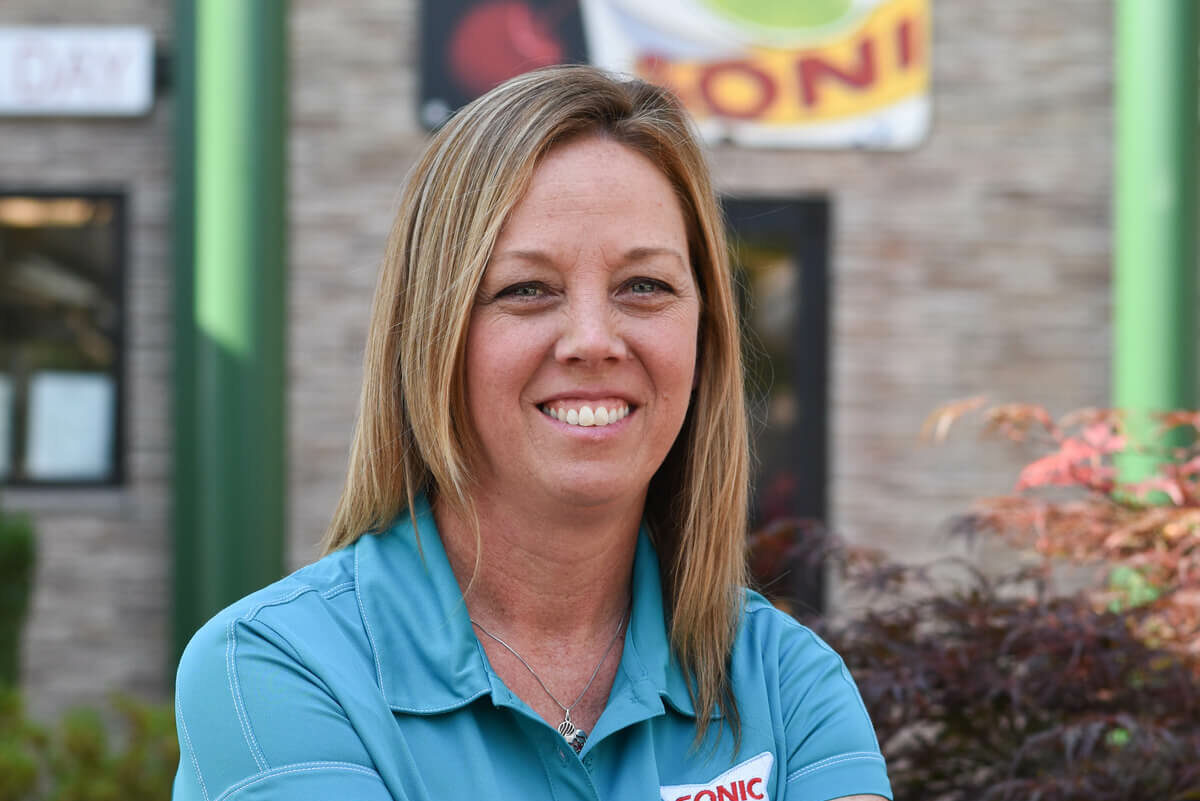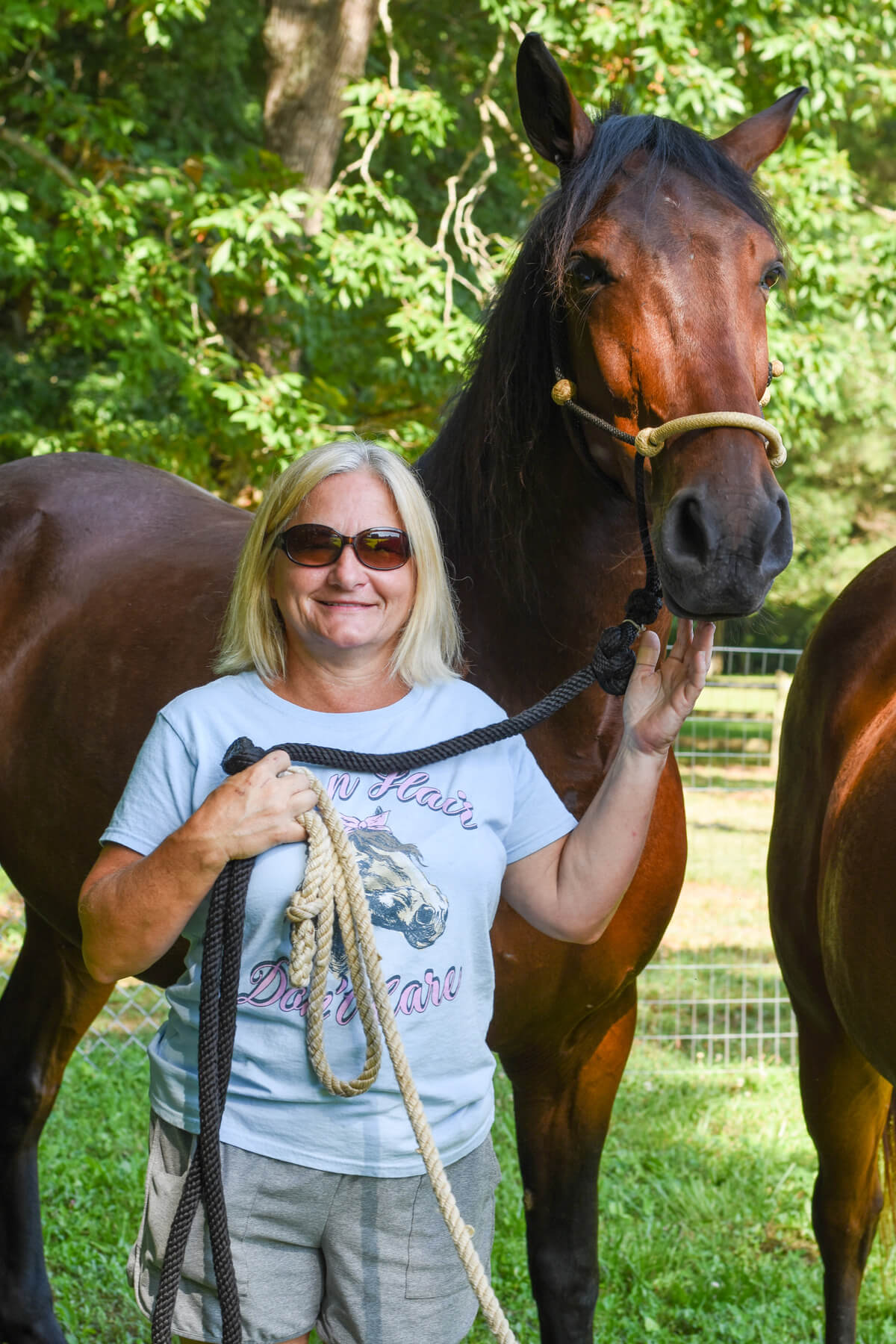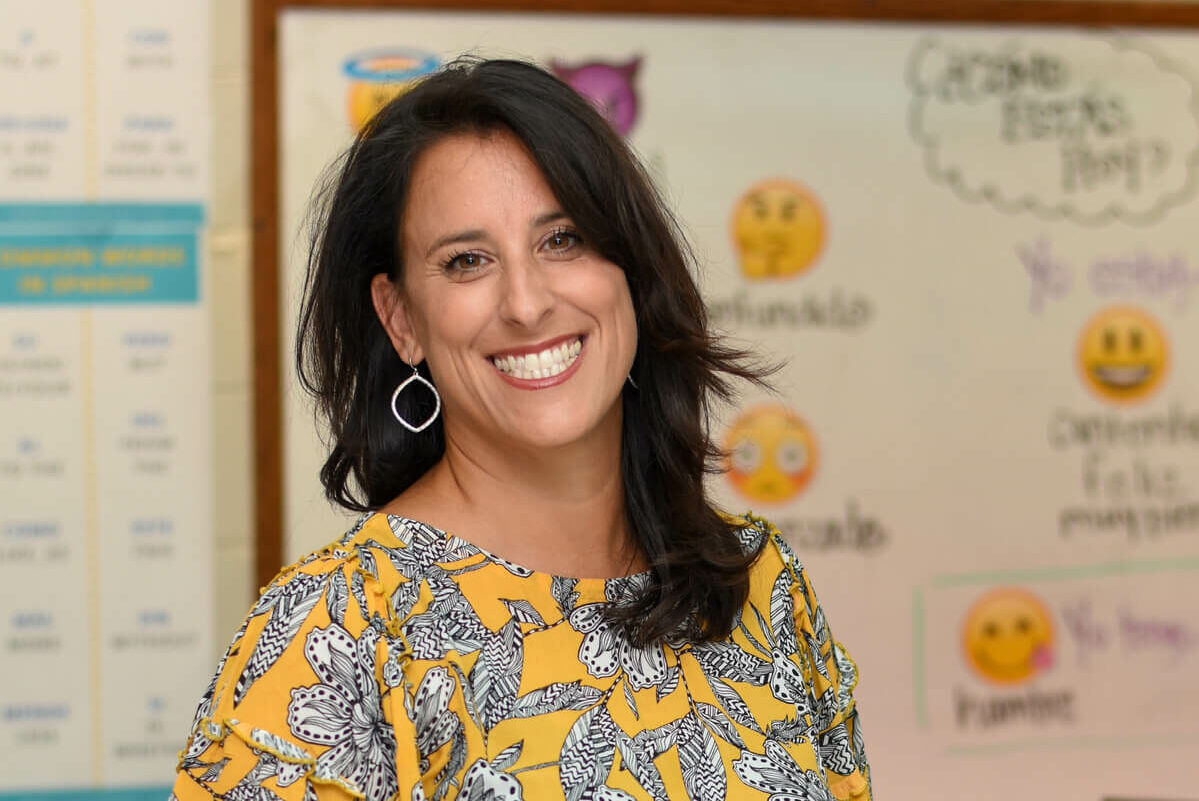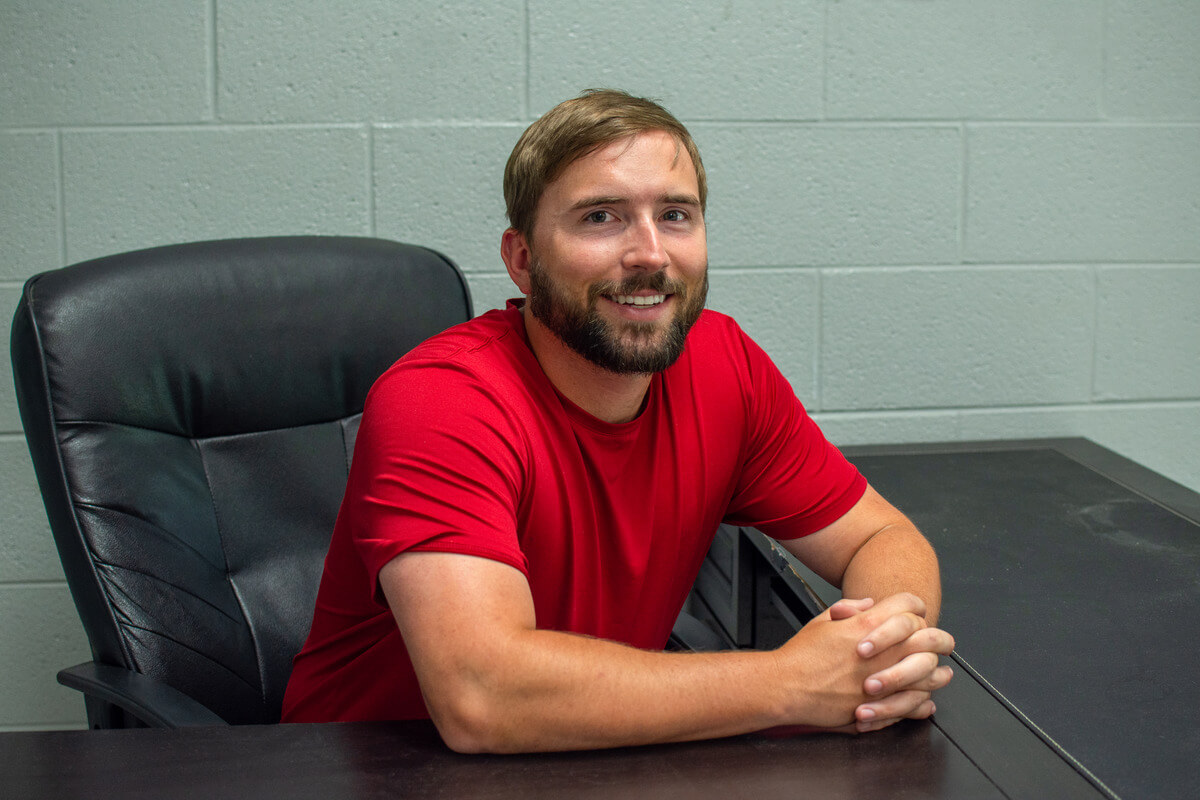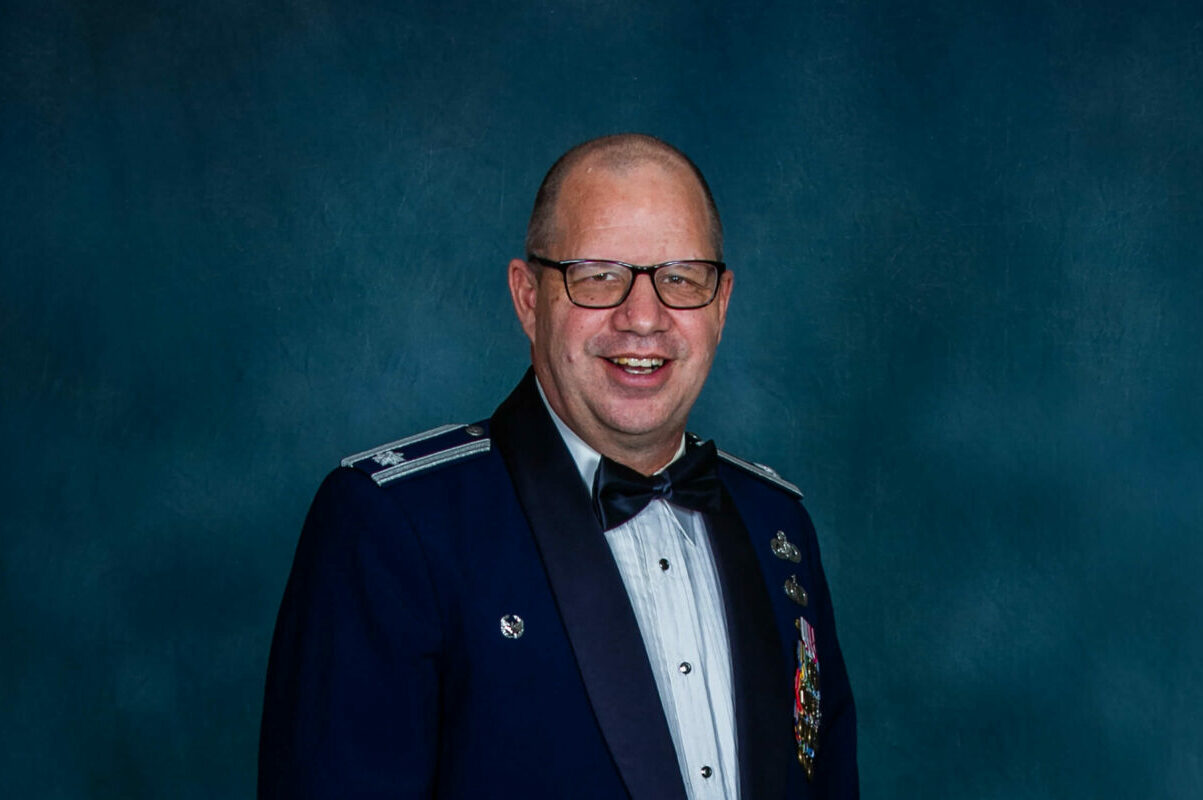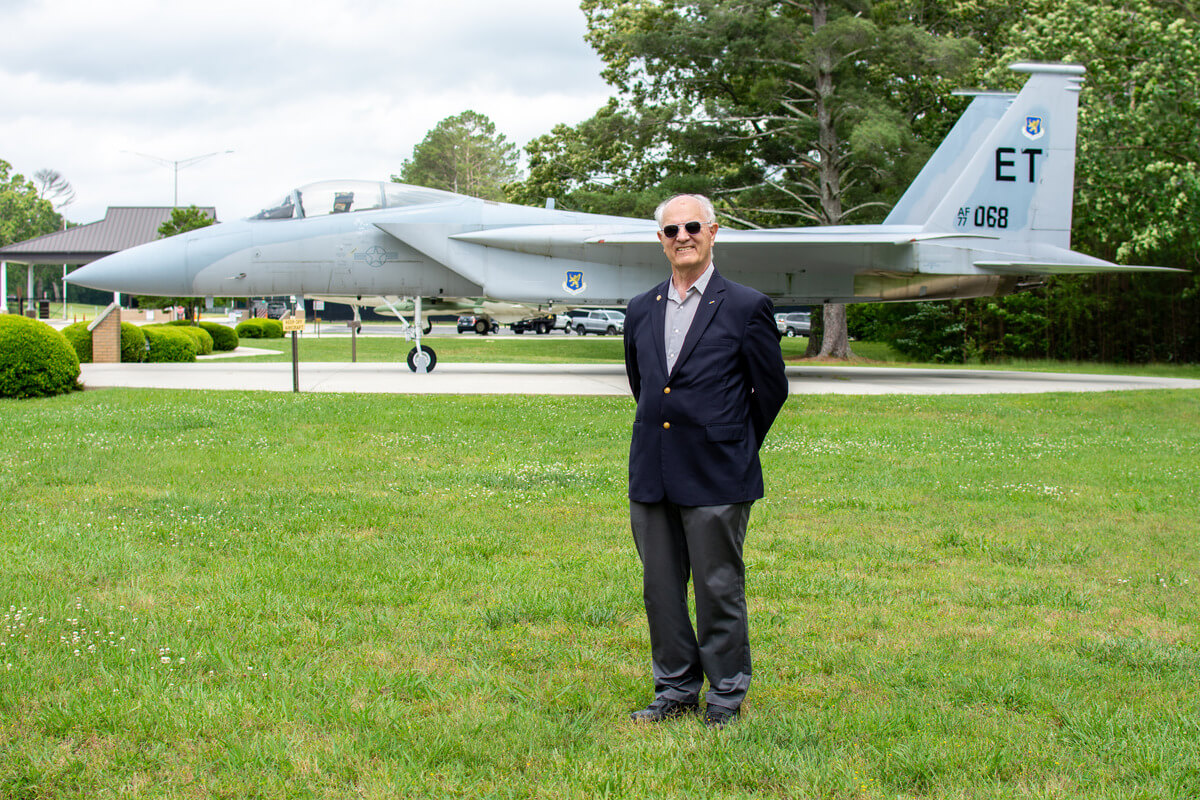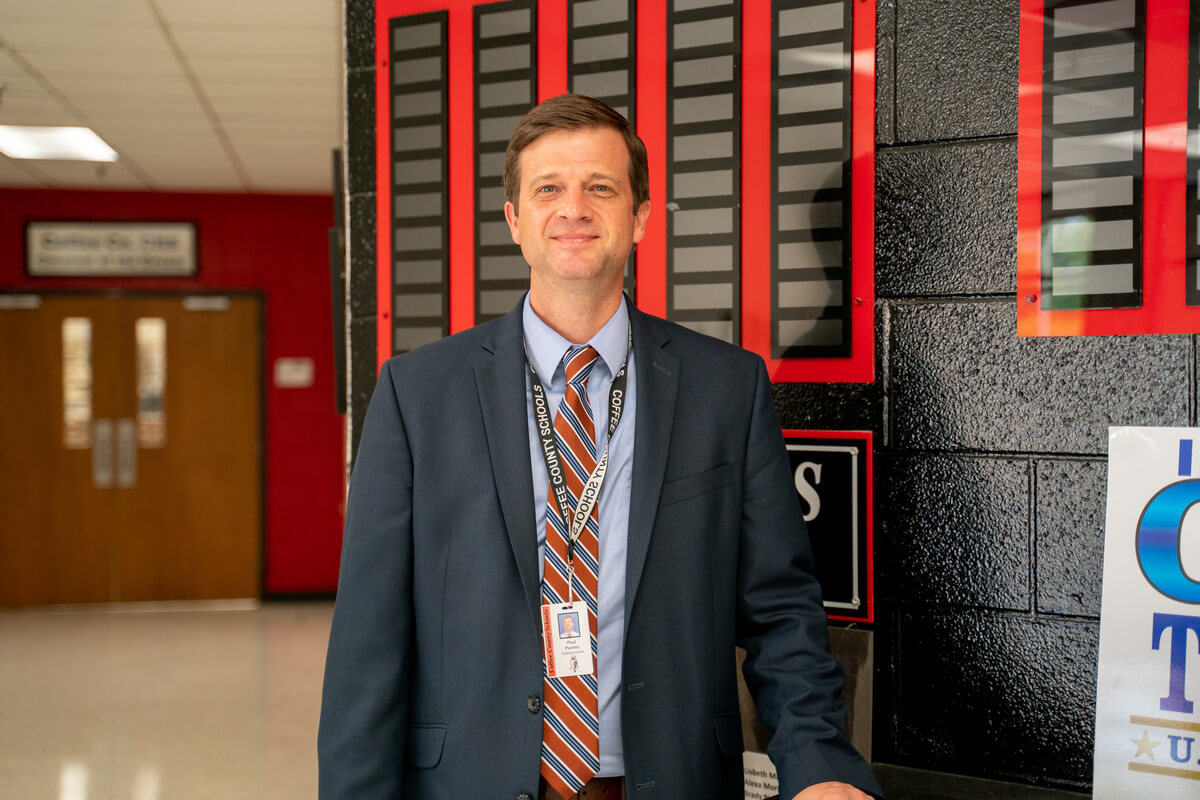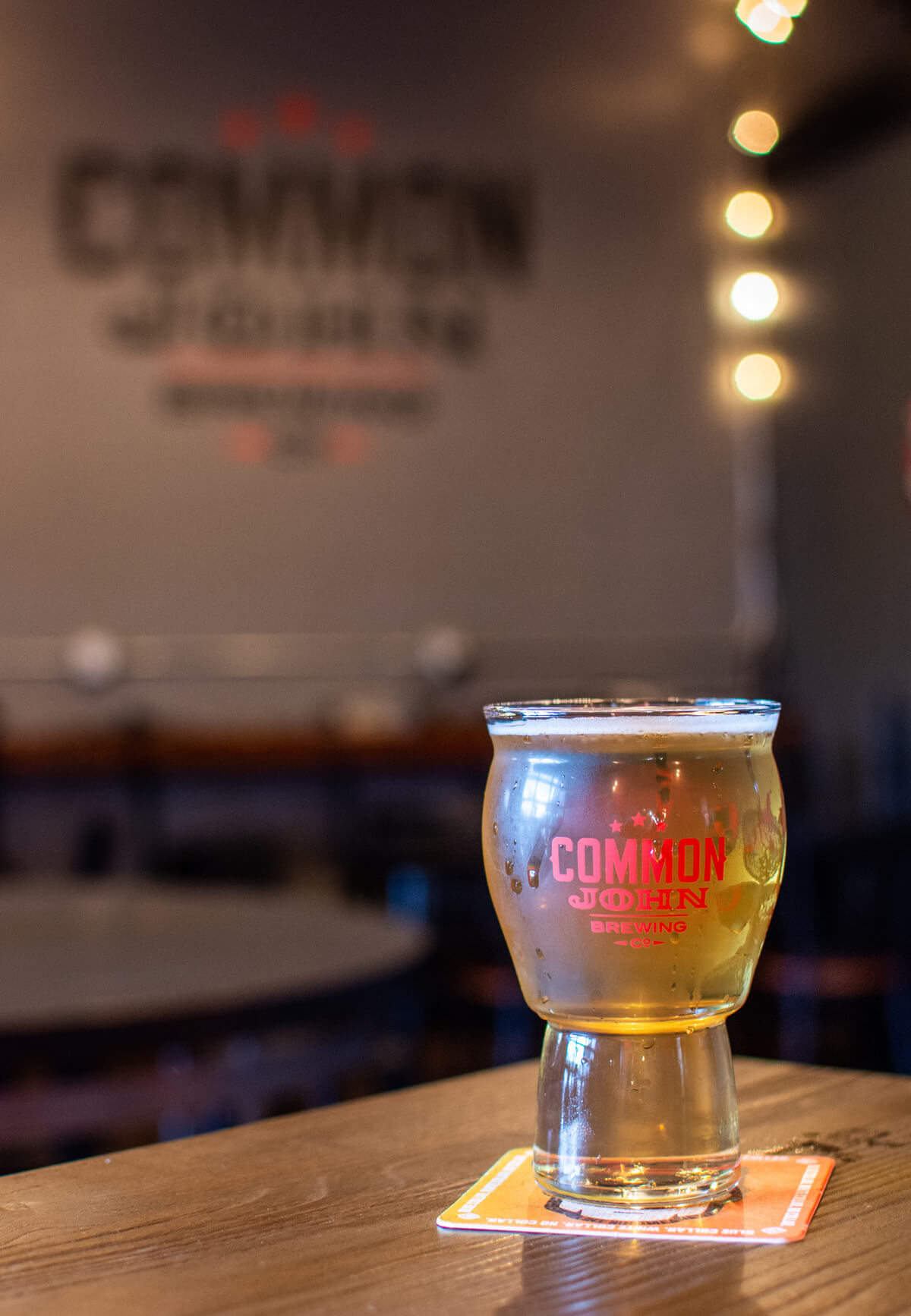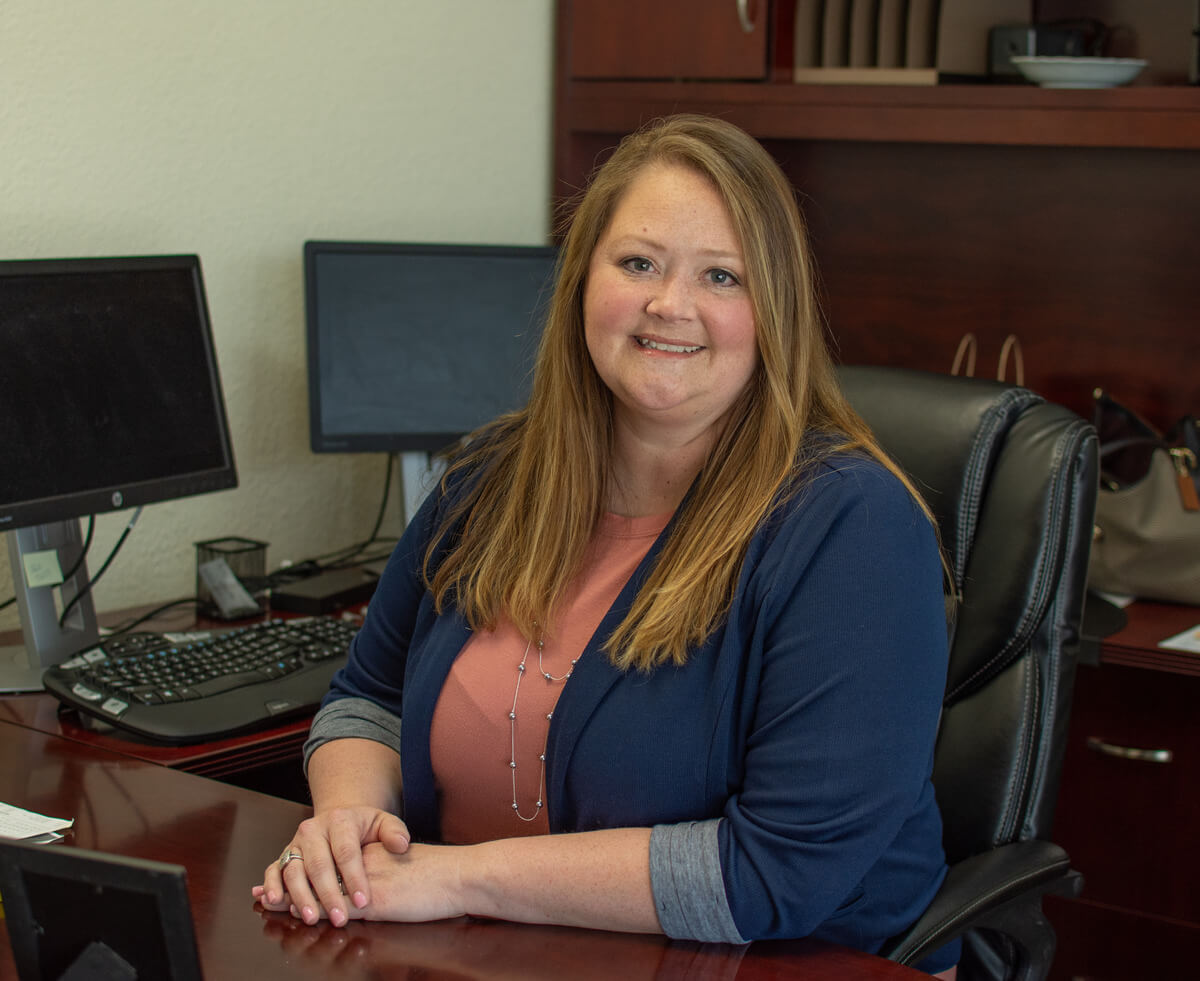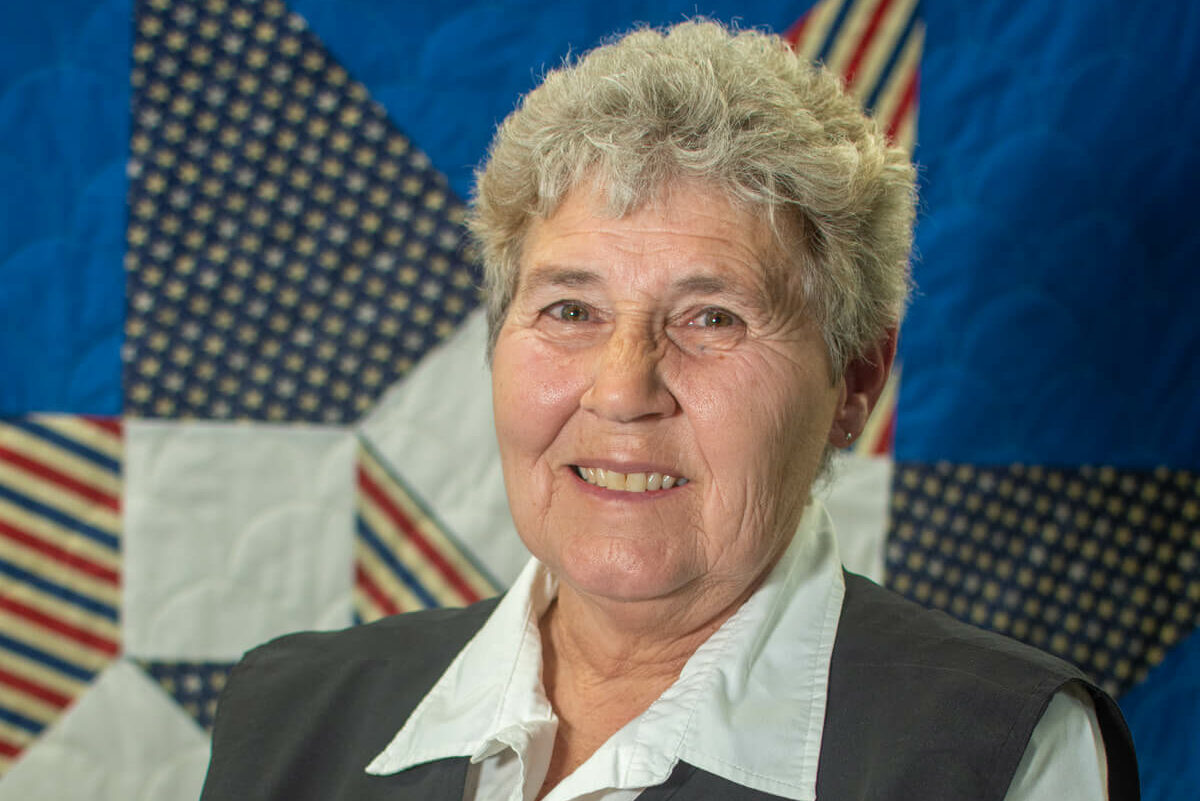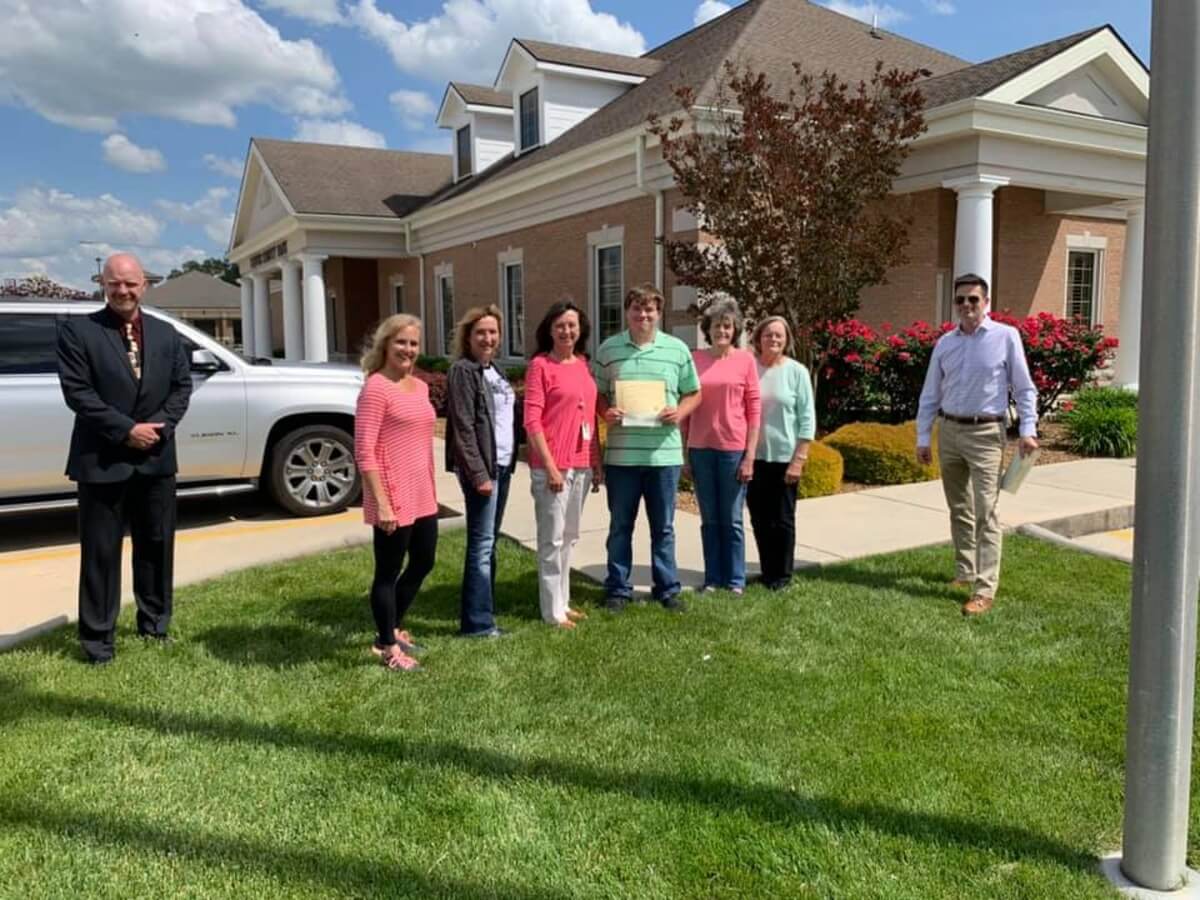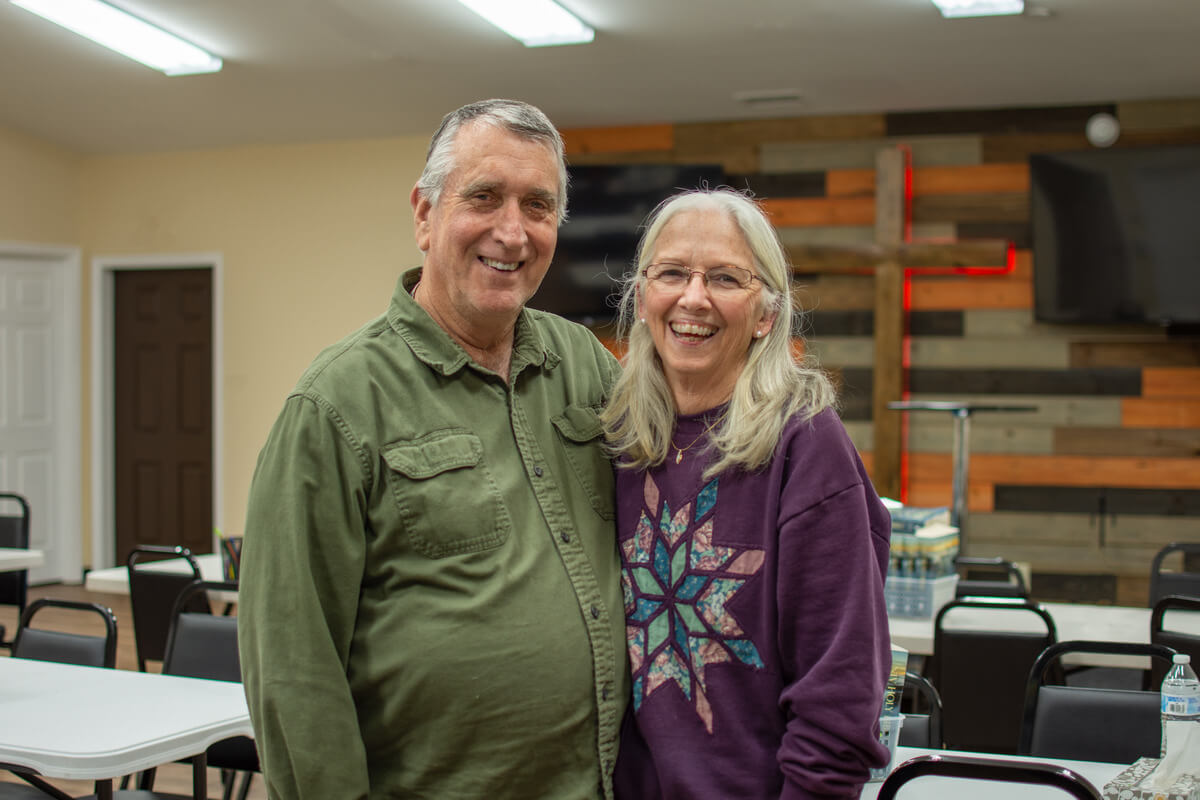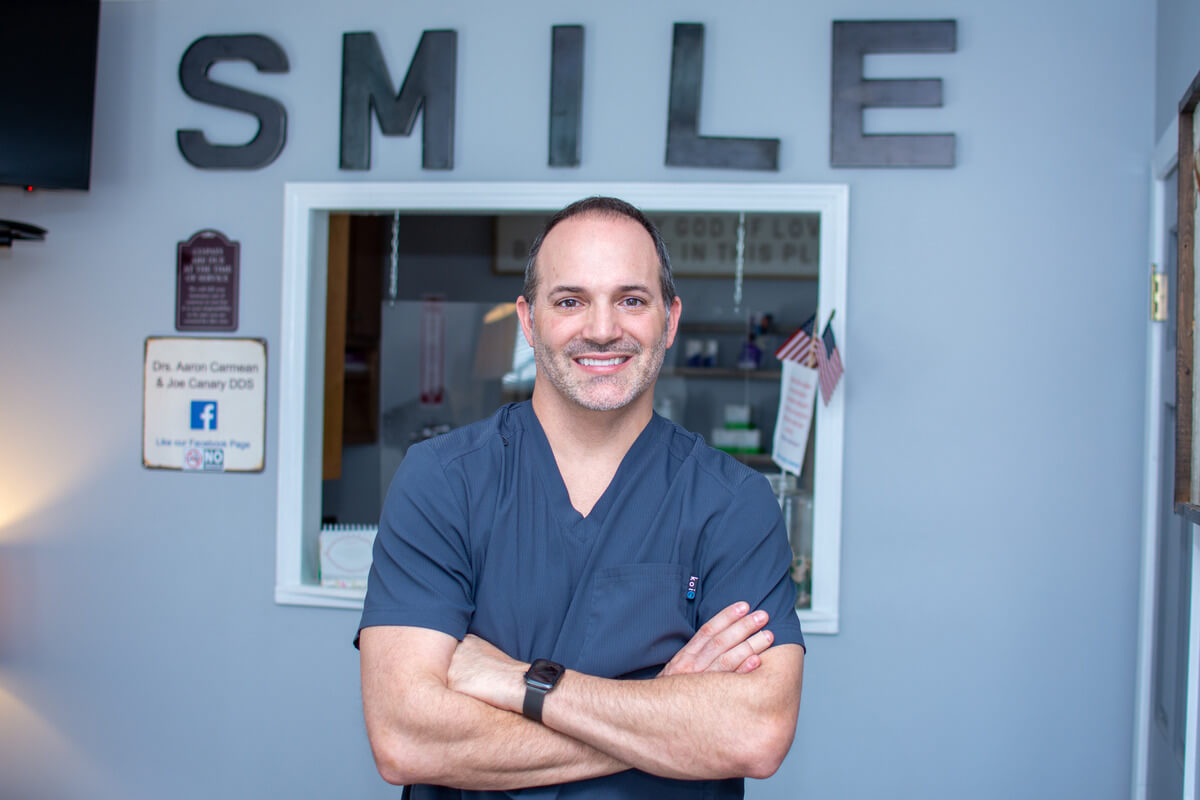SHE PRESSED the gauze into the open wound but without urgency. The warm, crimson liquid seeped between her fingers, startling her. Suddenly, she jerked her hand back, scanning the room for others’ reactions. Instead of surprised screams, laughter rippled around her. As the room grew quiet, Steven Winton stepped forward.
“I don’t tell them it’s going to be that way,” he said. “So when they first stick their finger into it, the fun starts — and everybody starts laughing.”
Then he added, more serious now, “We always start with what people would have done if they hadn’t taken the class. I ask them, ‘Now that we see what you know doesn’t work, are you ready to listen?’”
Finding out what doesn’t work in the safety of a Castle Tactical Medical Group class saves lives. The surprise is part of the lesson: Steven wants people to feel what it’s like to act before they’re ready and realize how quickly calm can crumble without preparation.
Steven’s calm at that moment wasn’t accidental. It comes from years spent in places where there were no do-overs. His life is rooted in preparation.
There was no margin for error in the Marine Corps, where he served as a Fleet Marine Force corpsman for 20 years, 10 of those in aviation as helicopter flight crew. He had to locate equipment under pressure — sometimes in the dark, sometimes upside down, occasionally under fire.
“You don’t rise to the occasion,” he said. “You fall to your level of training.”
In aviation, he trained others to find what they needed fast, only by feeling, because there’s no time to fumble in a crisis. That same urgency shows up now in how he teaches civilians to find an automated external defibrillator, properly secure a tourniquet, or clear an airway when no one else is coming.

“We’ve had police officers who’ve been shot that saved themselves. We’ve got older folks that have choked by themselves in the kitchen,” Steven shared. “We’ve got lots of stories of these classes actually working and saving lives. That’s why we’re doing this.”
Teaching is only part of what Steven does. He’s lived through enough high-stakes situations to know that being prepared isn’t about chasing adrenaline — it’s about creating calm.
Steven sees himself as an instrument of peace.
“Everywhere I go, there’s going to be peace,” he said. “It can come through talking, through understanding, or it can go all the way up to knock-down drag-outs — but peace is the goal.”
Whether teaching CPR, responding to a crisis, or working behind the scenes, Steven’s mission is the same: bring order, speak calm, and be ready.
That mission starts long before anyone calls for help. It begins in a quiet classroom, with new technology, gauze, practice dummies, and the pressure of not knowing what to do — yet. Panic is normal, but preparation makes it beatable.
She won’t forget how the blood felt — warm, slick, and sudden. That moment lingers, just like Steven intended. He doesn’t teach from behind a podium. He builds reflexes, rewires instincts, and gives ordinary people the courage to act. His work is simple: prepare them to face the worst — and in doing so, become an instrument of peace in someone else’s chaos. GN
Follow Castle Tactical Medical Group on Facebook to learn more about the Basic Life Saver, First Aid, and Anti-hemorrhaging-Stop the Bleed classes and other tactical training.




